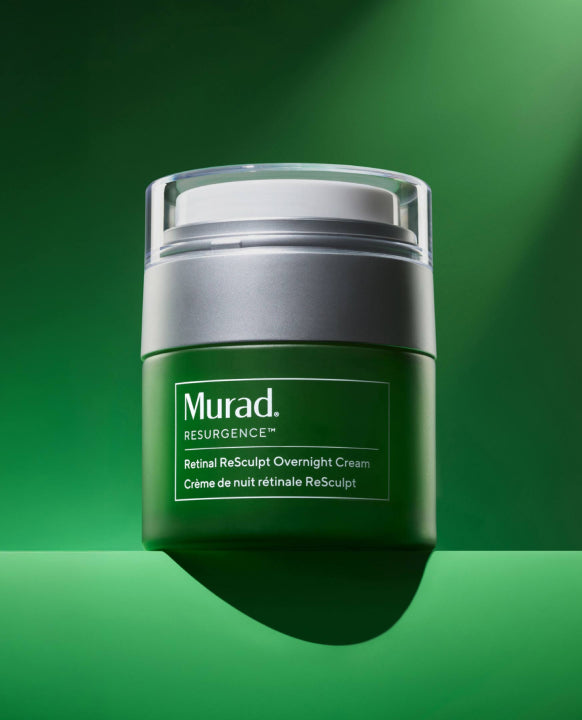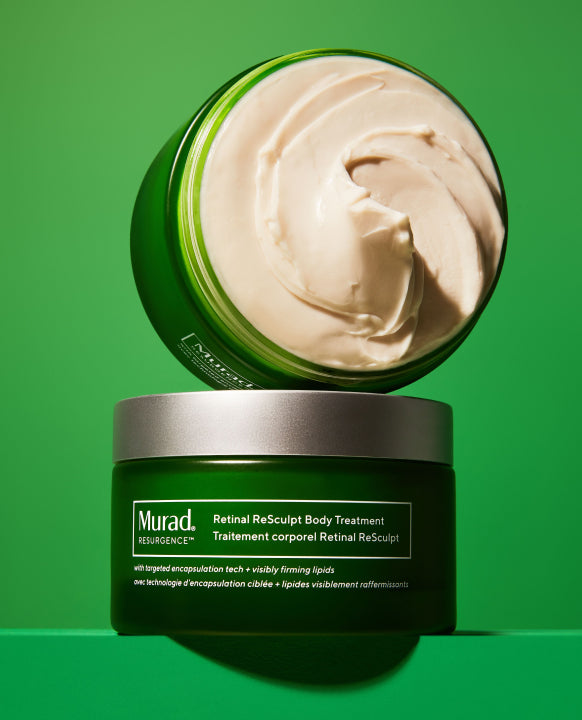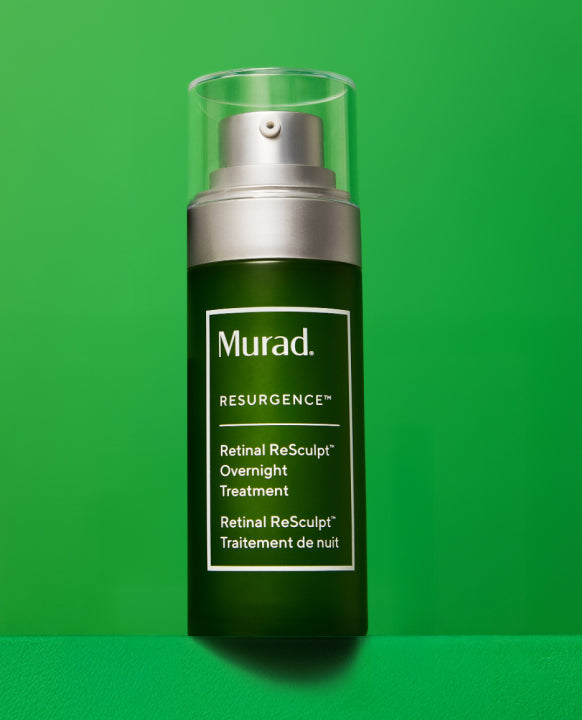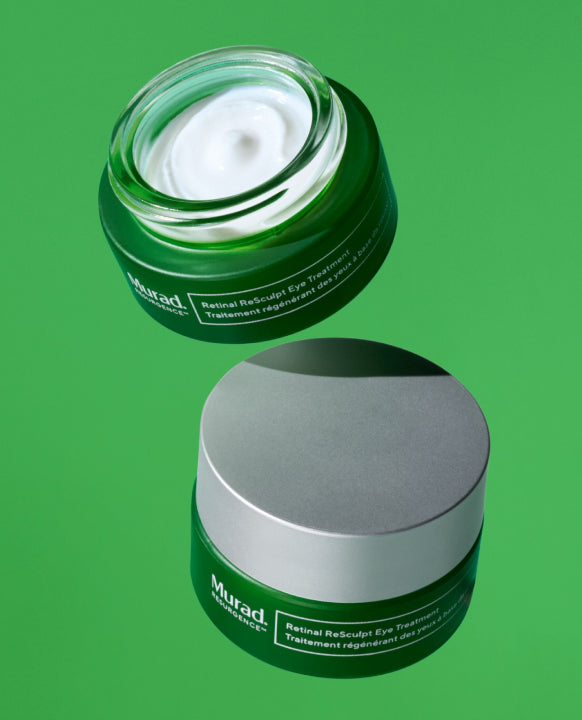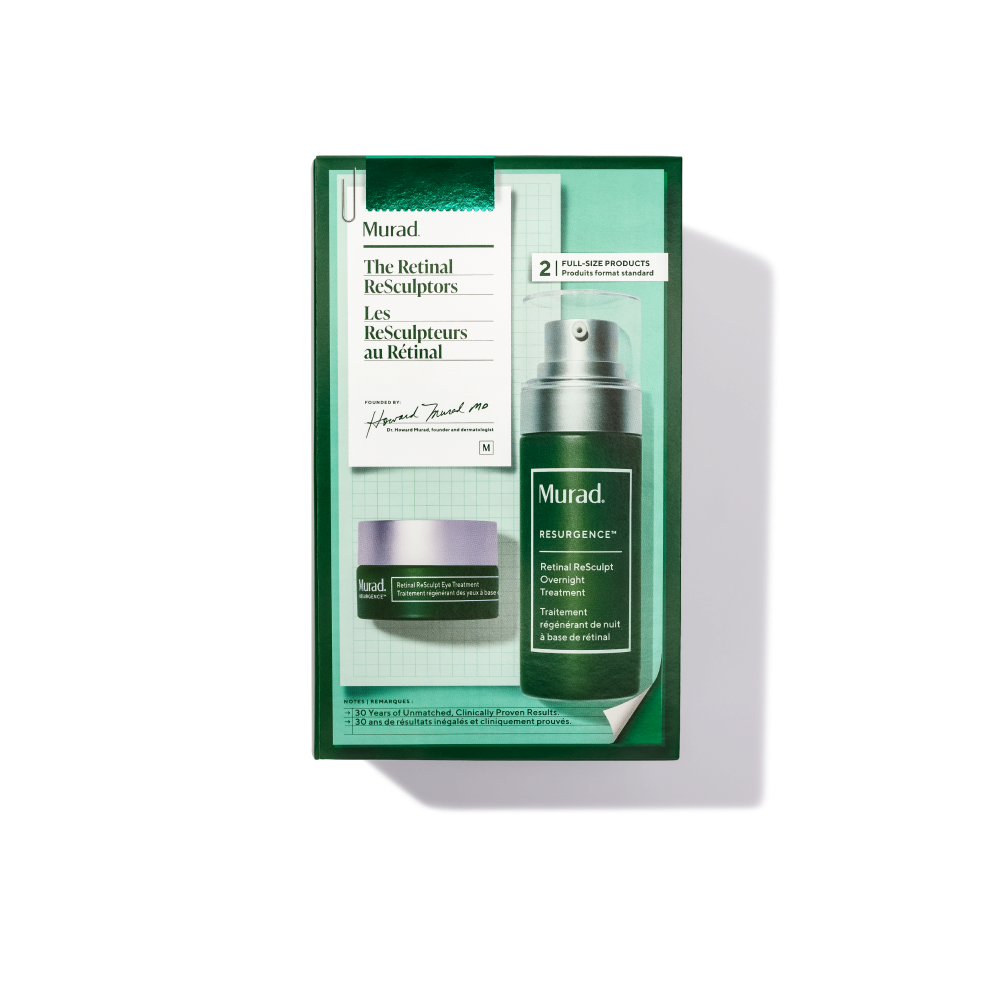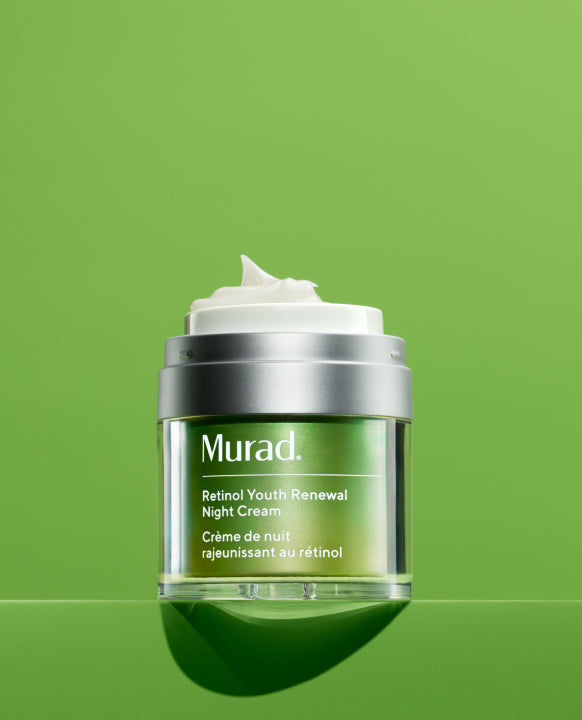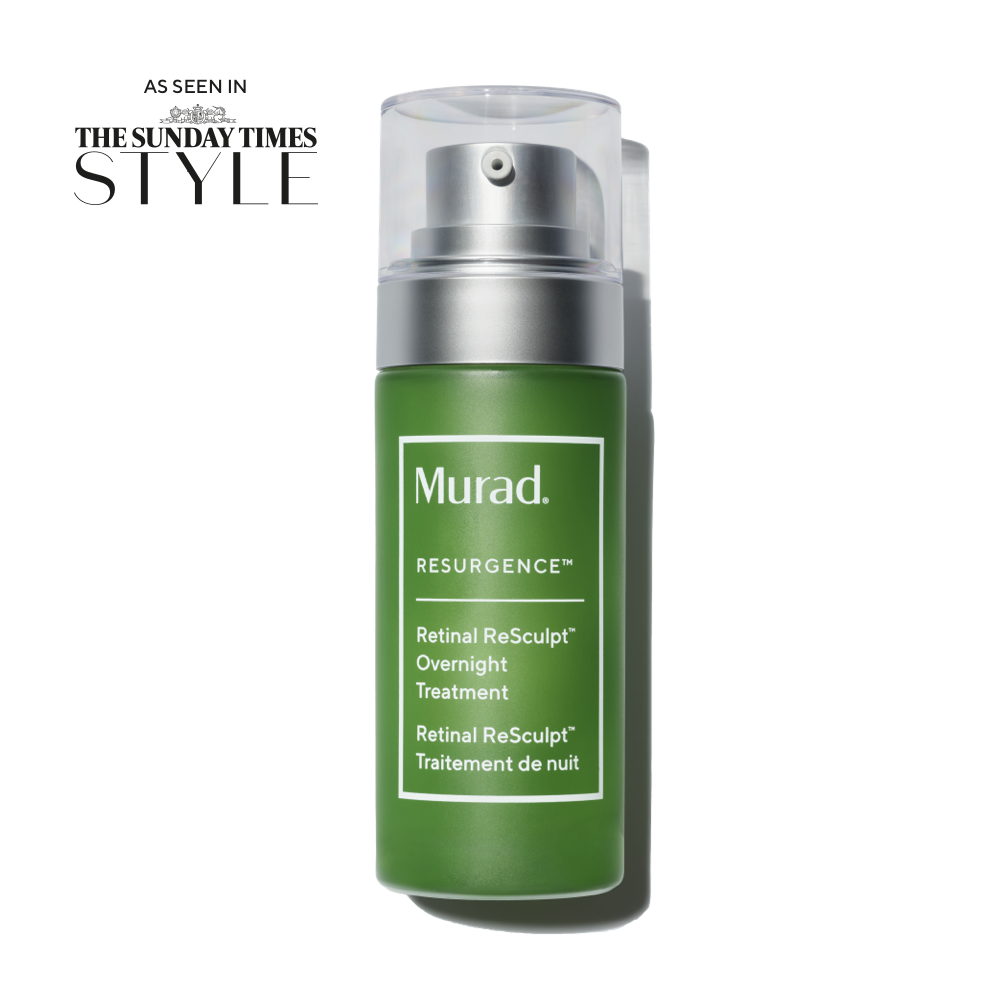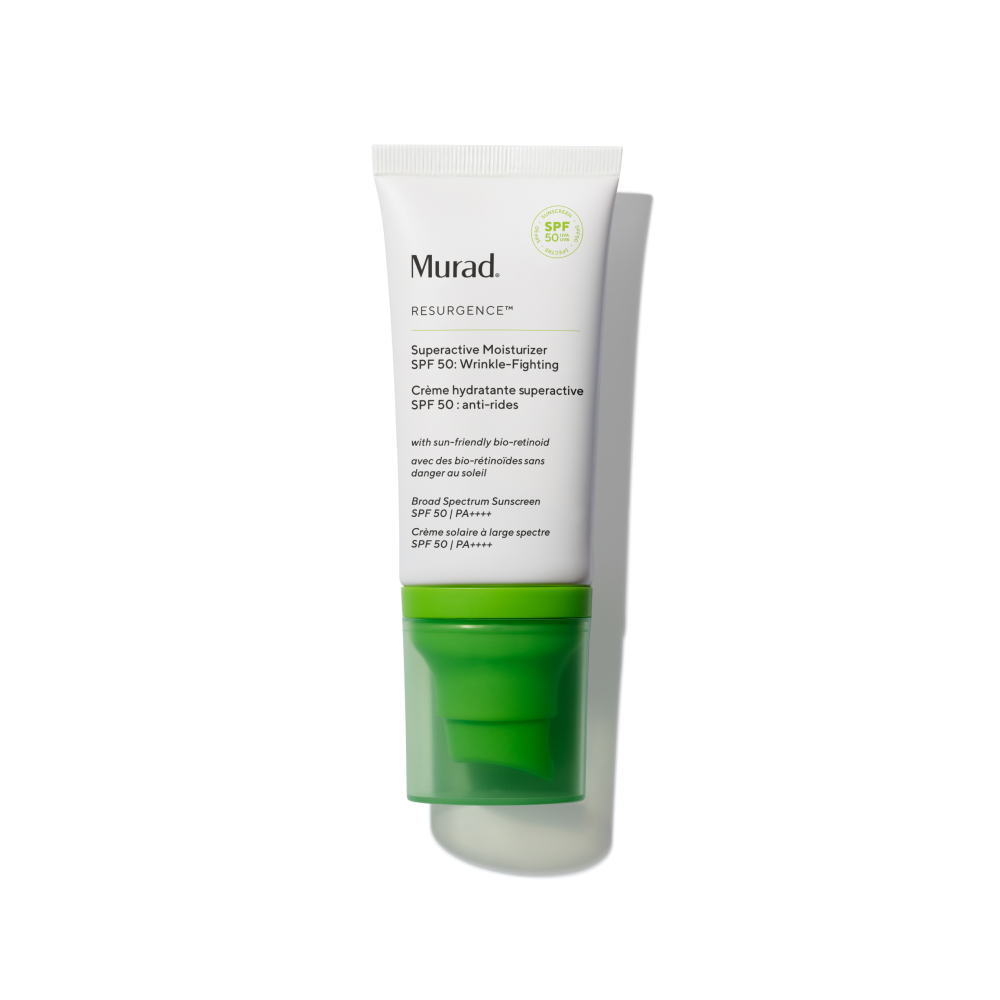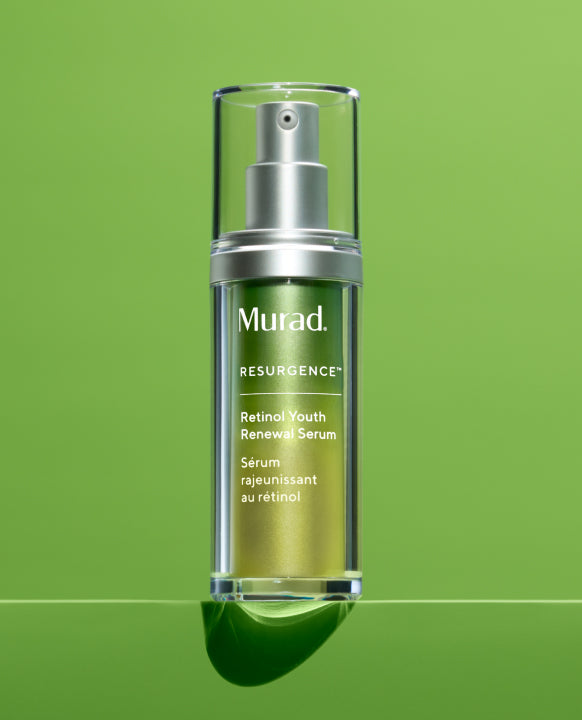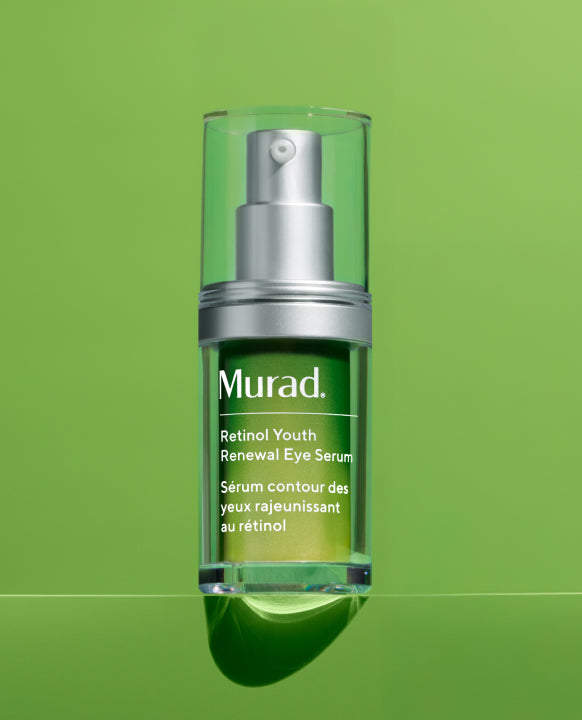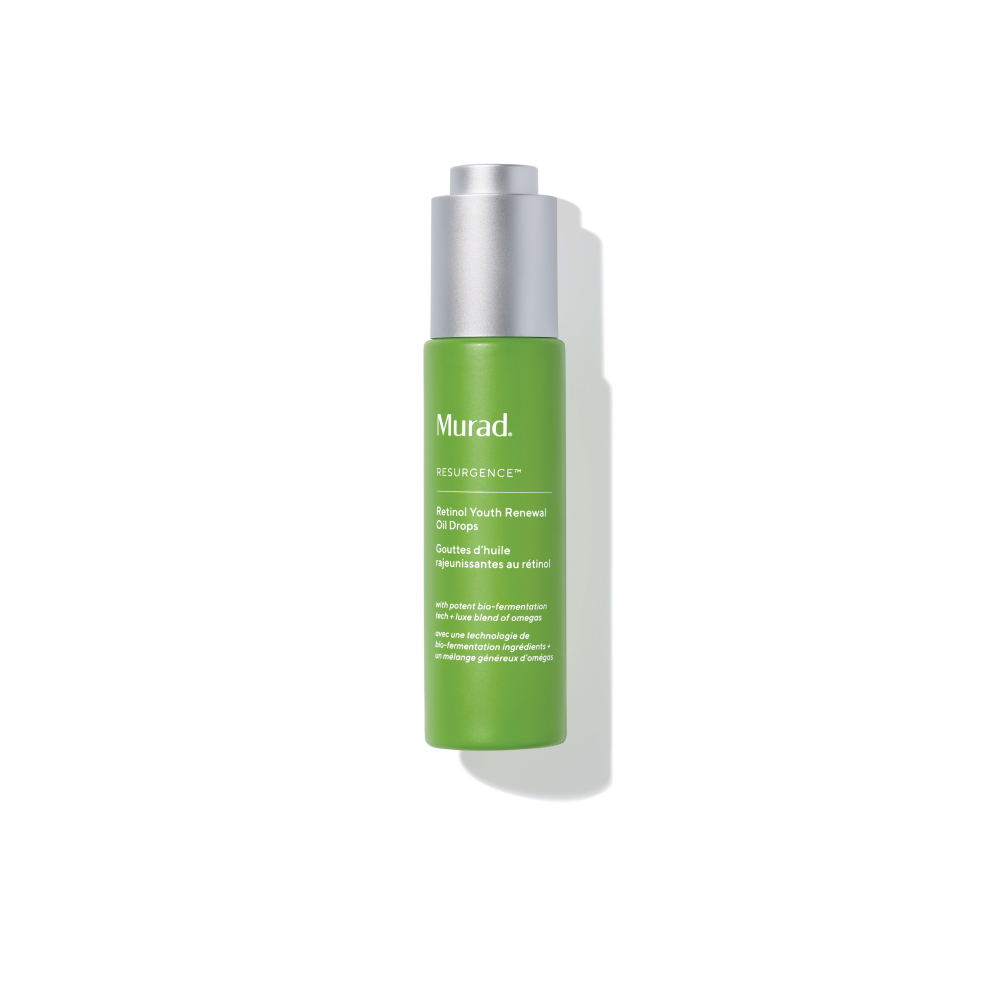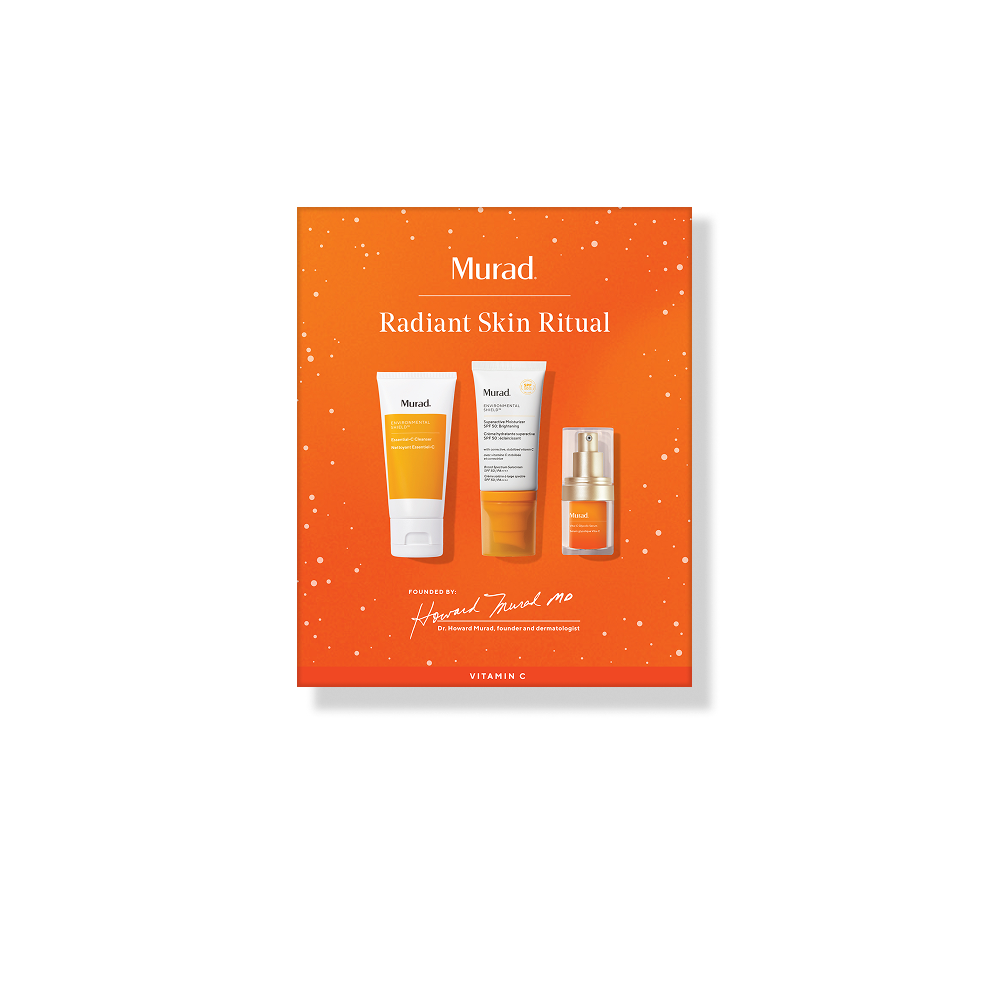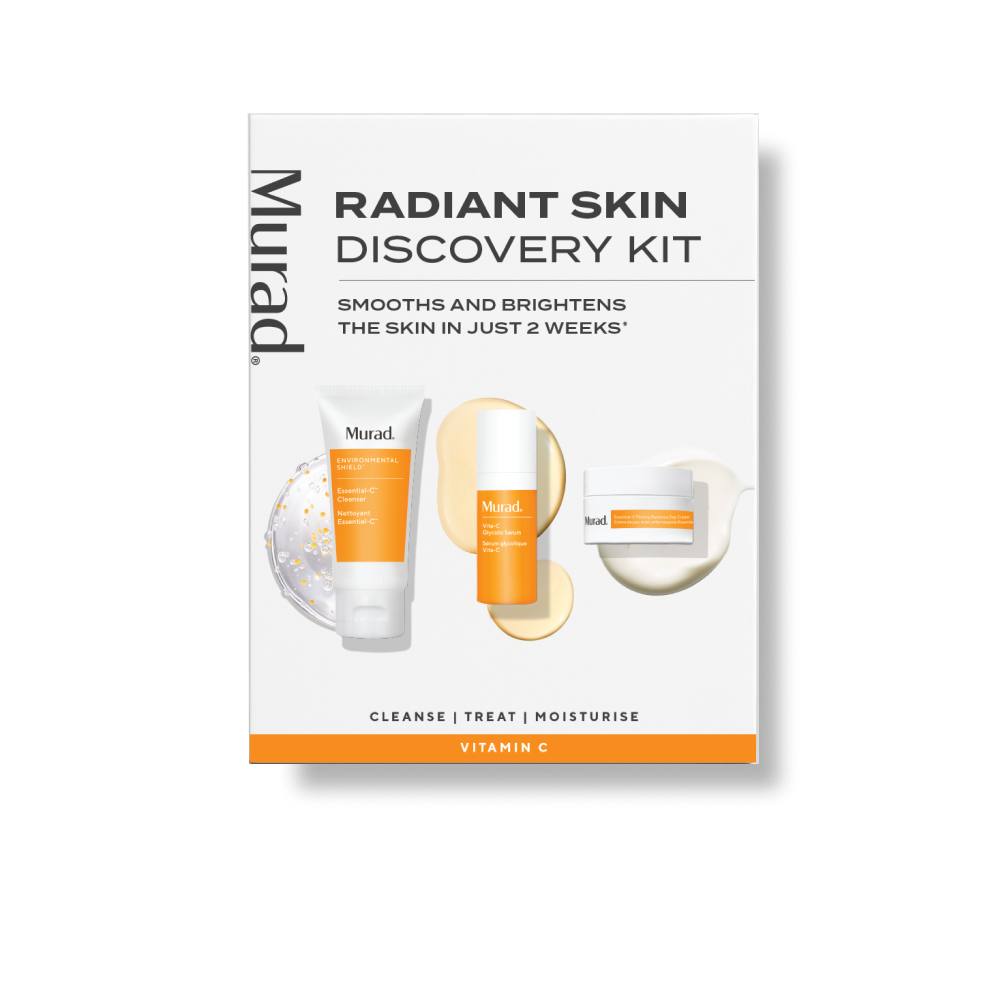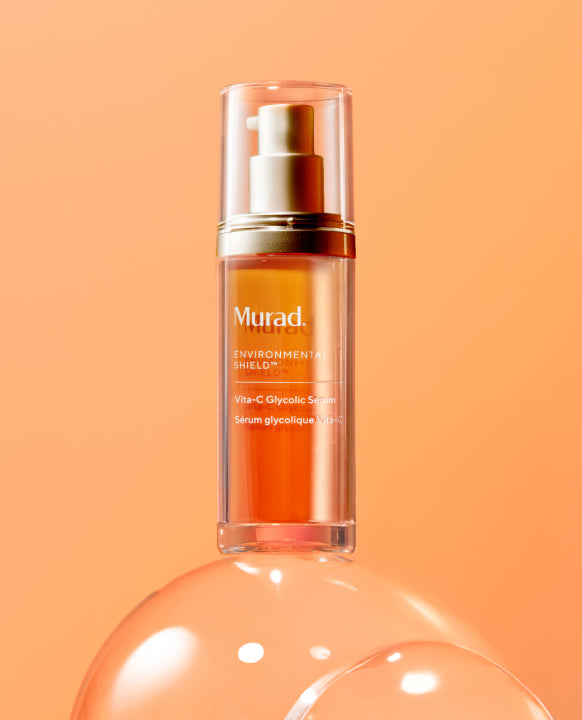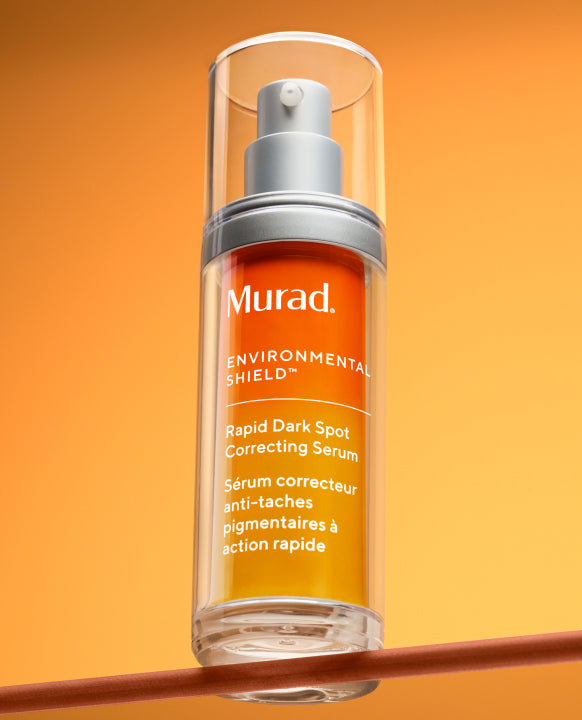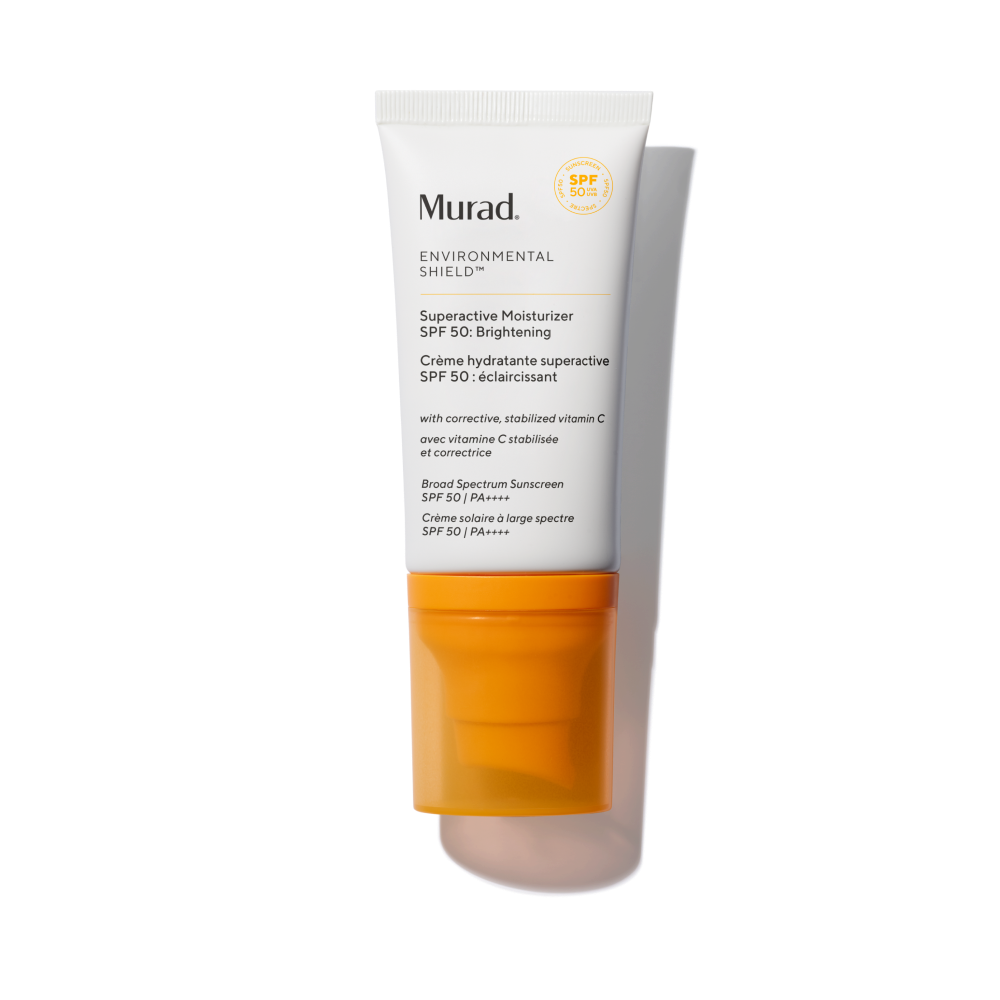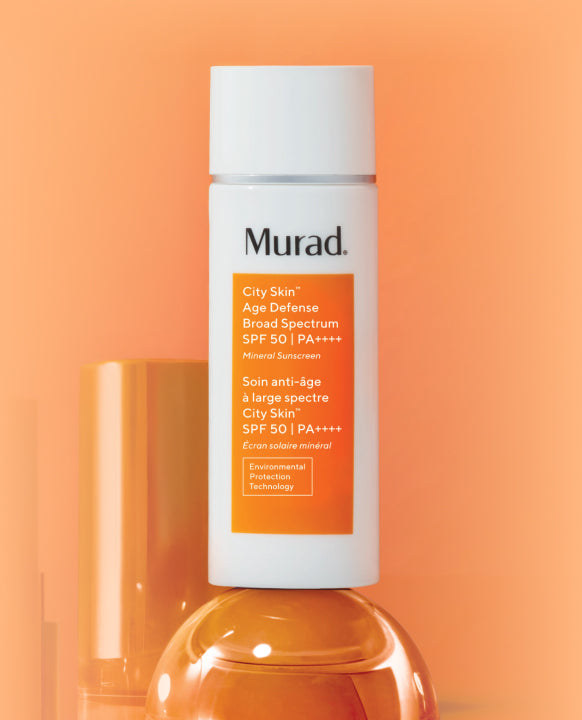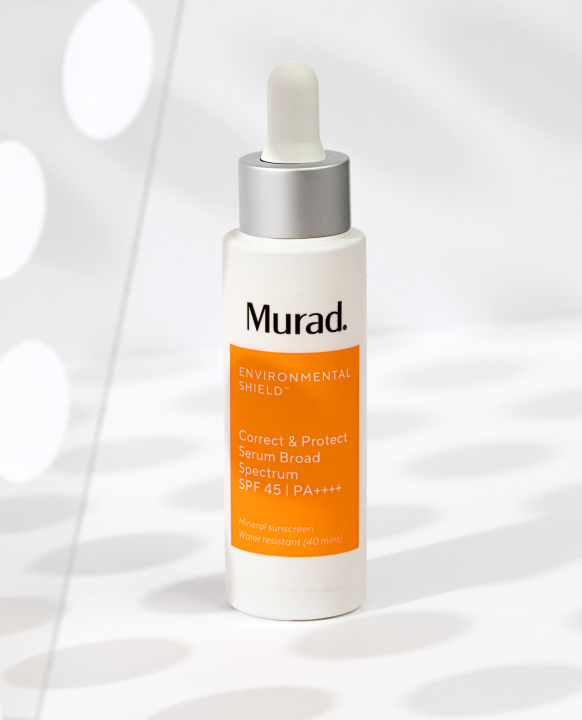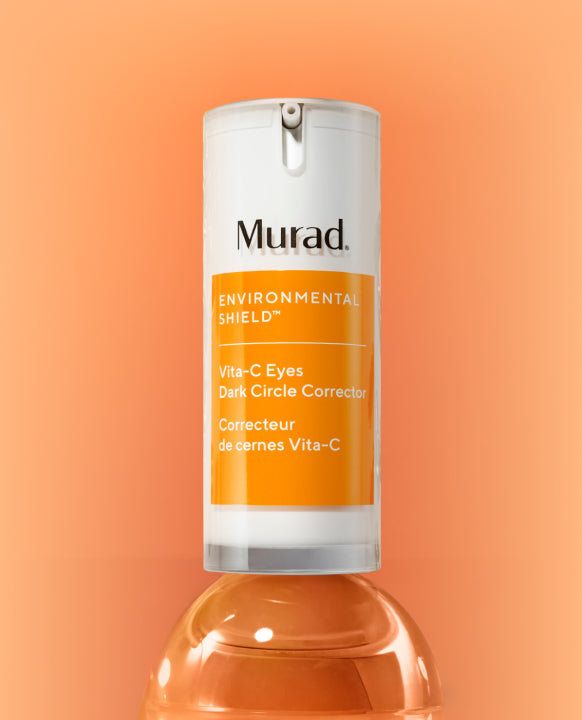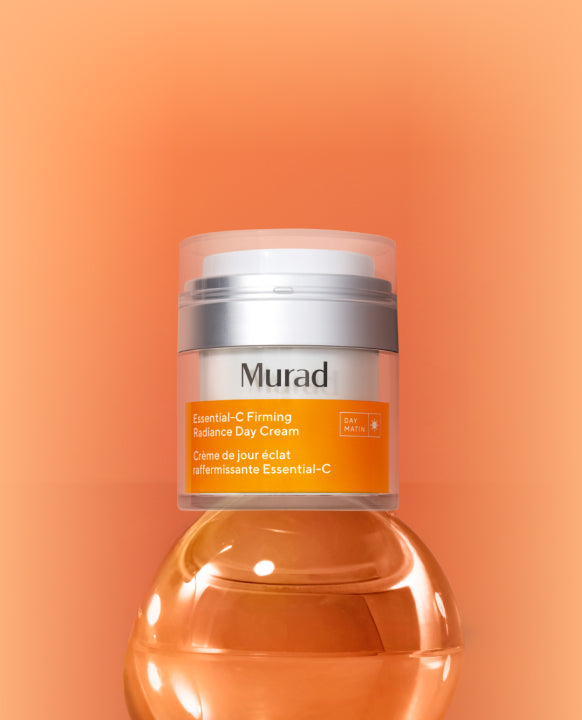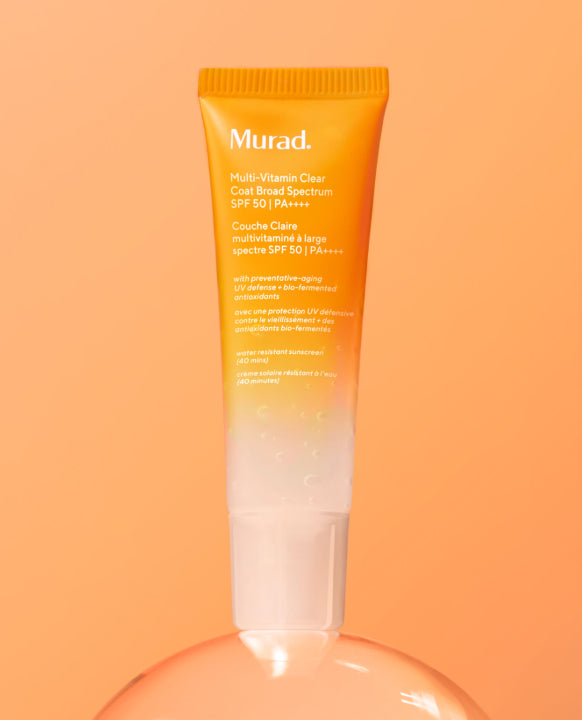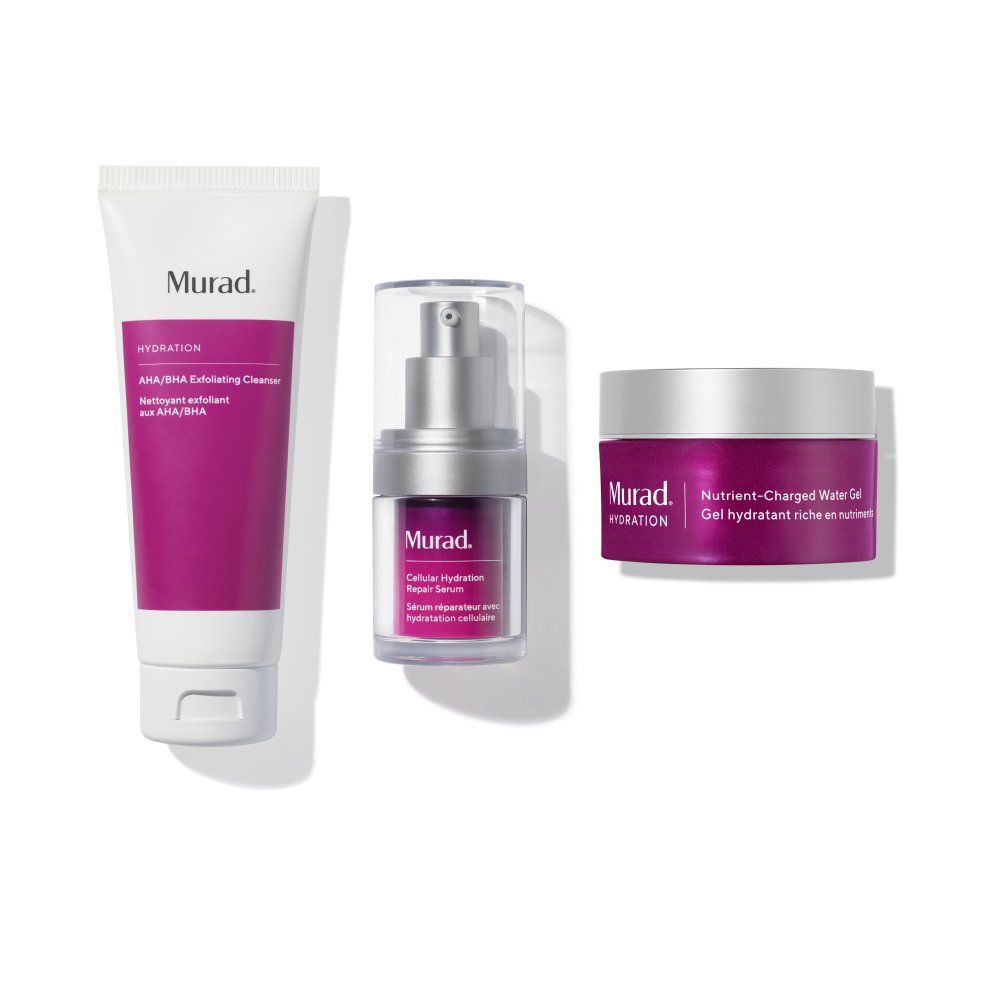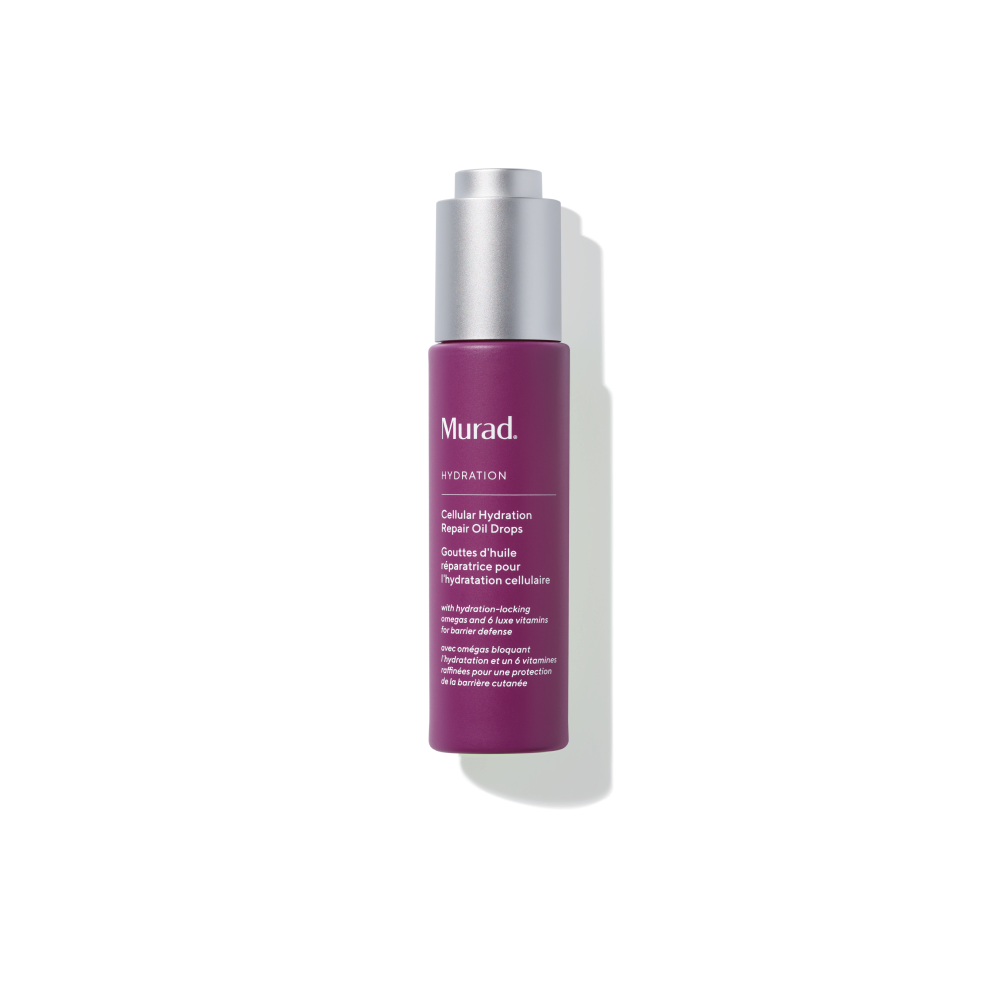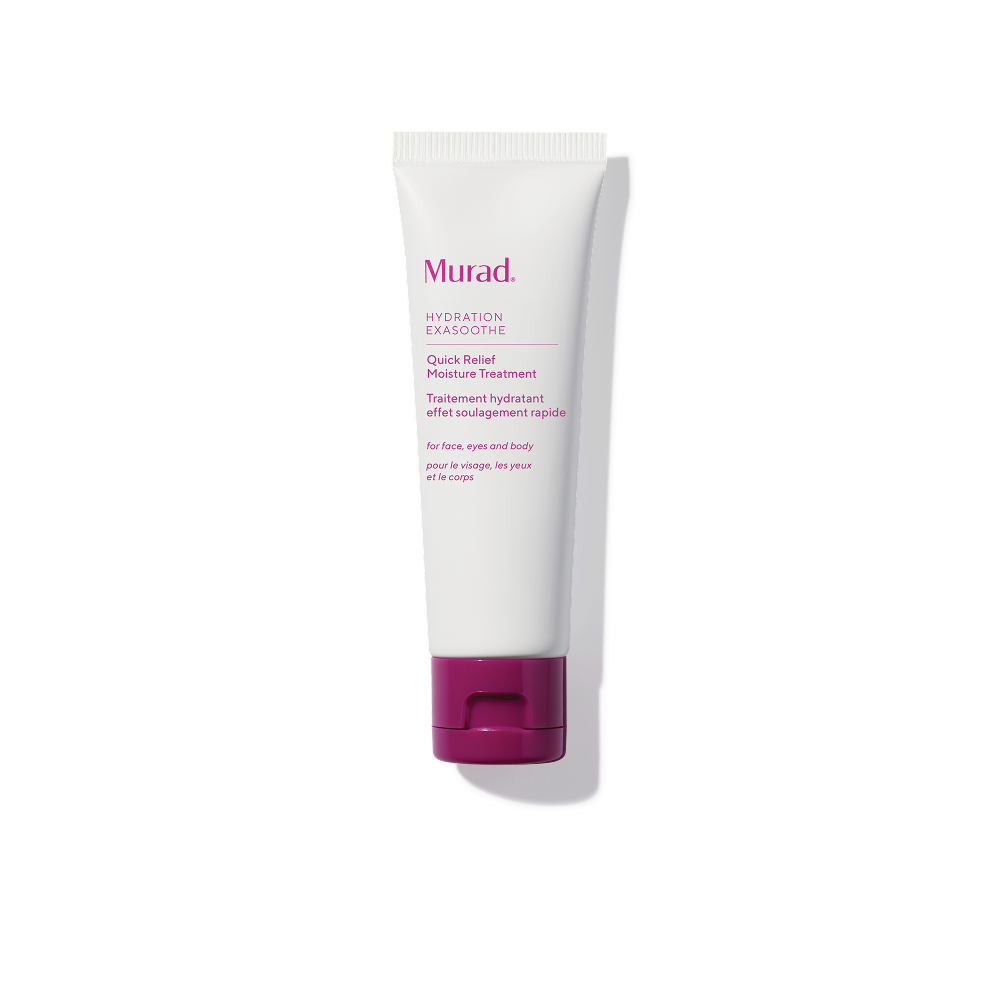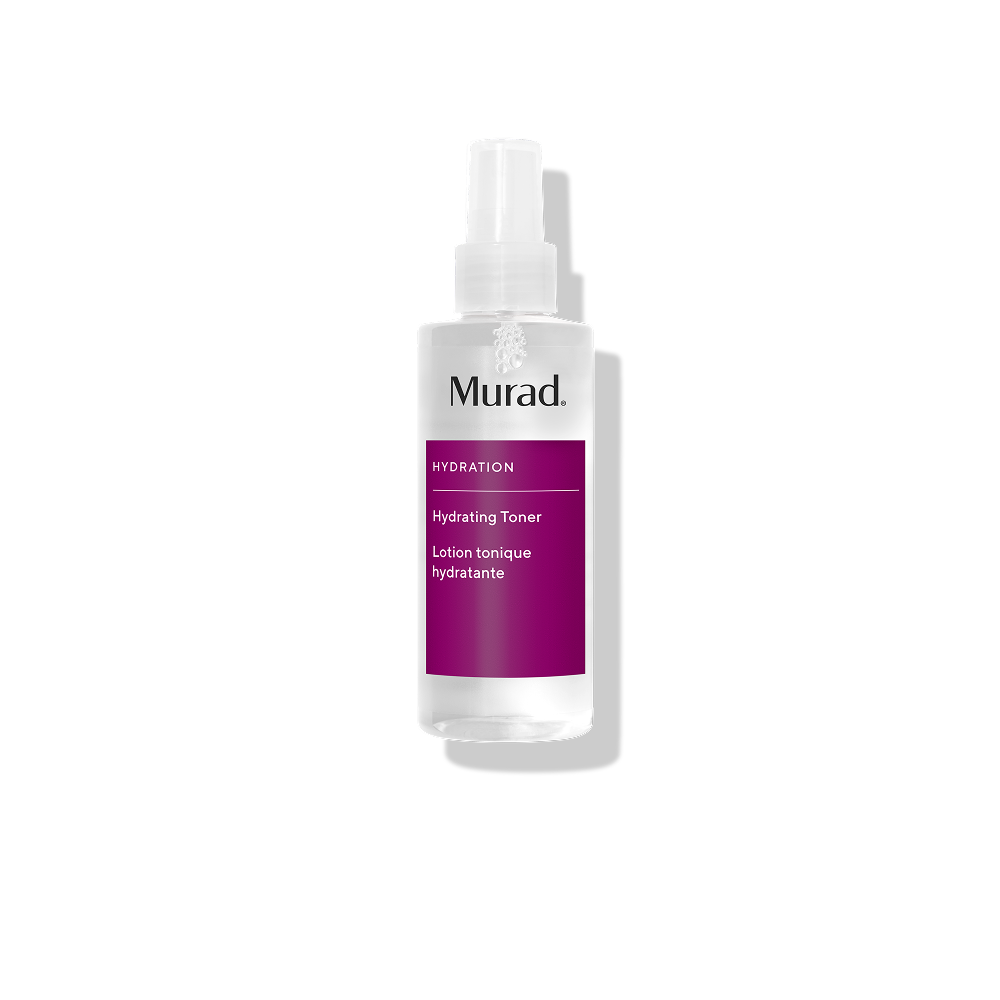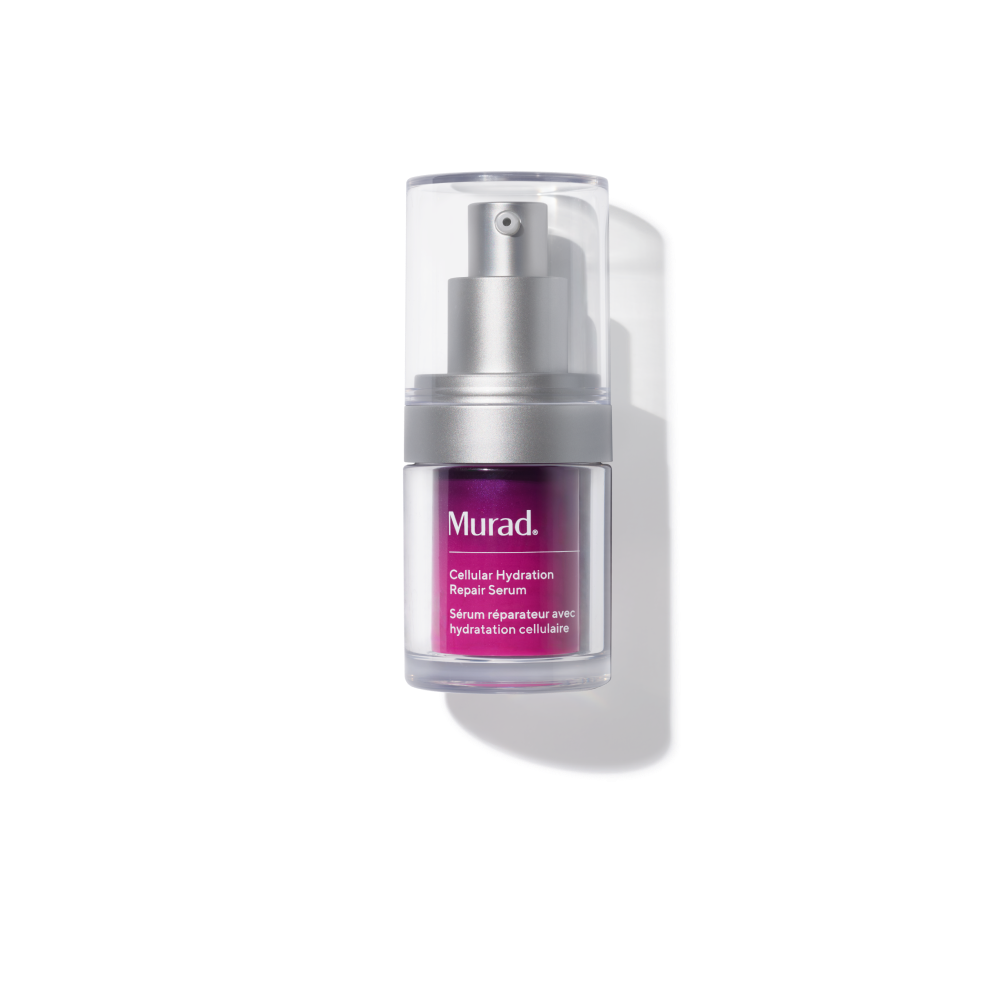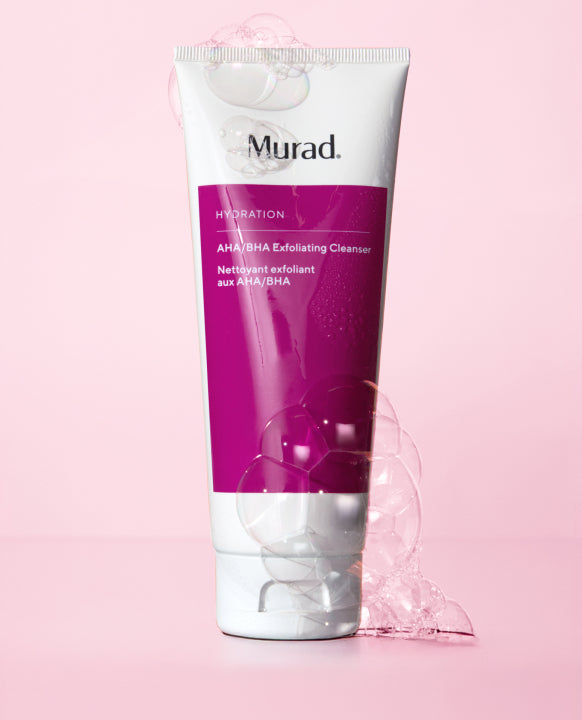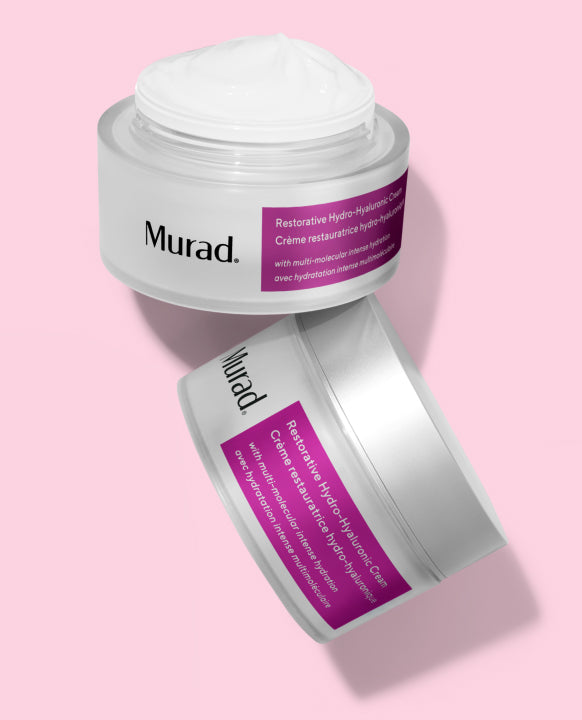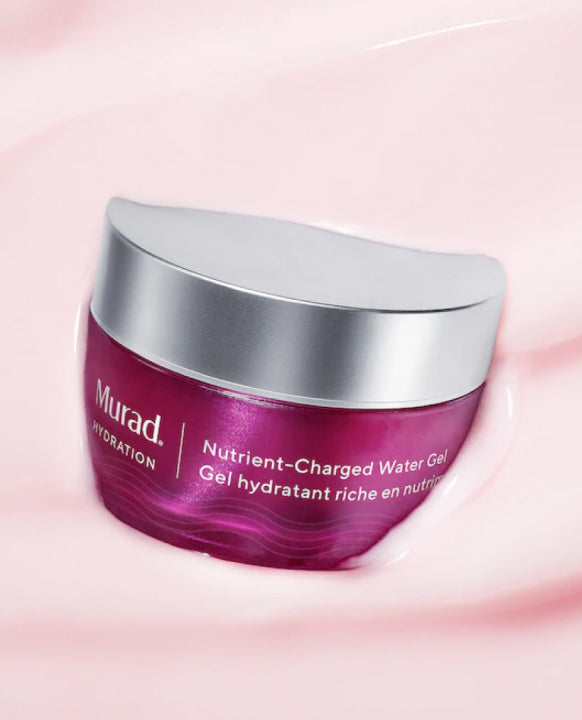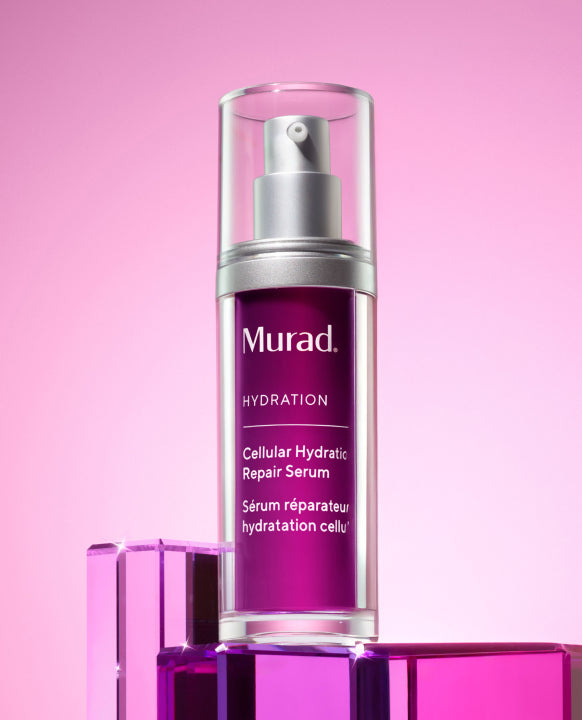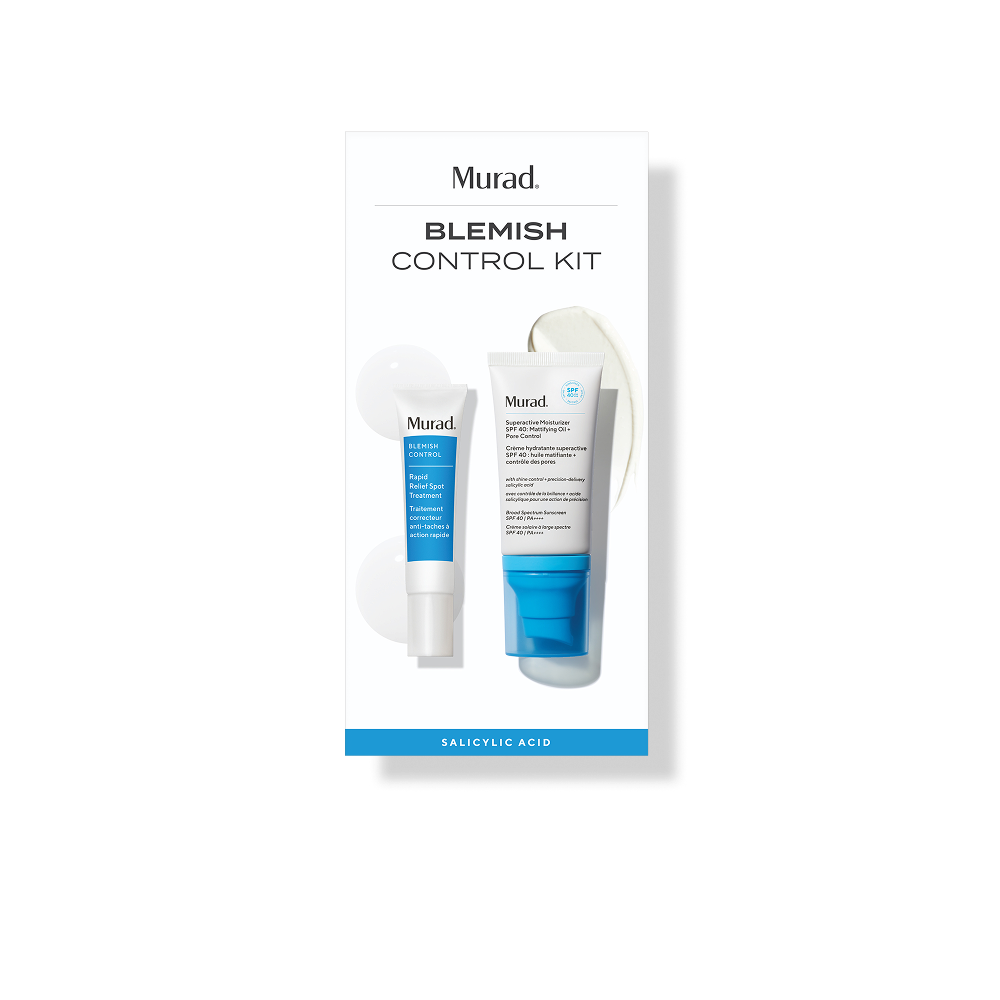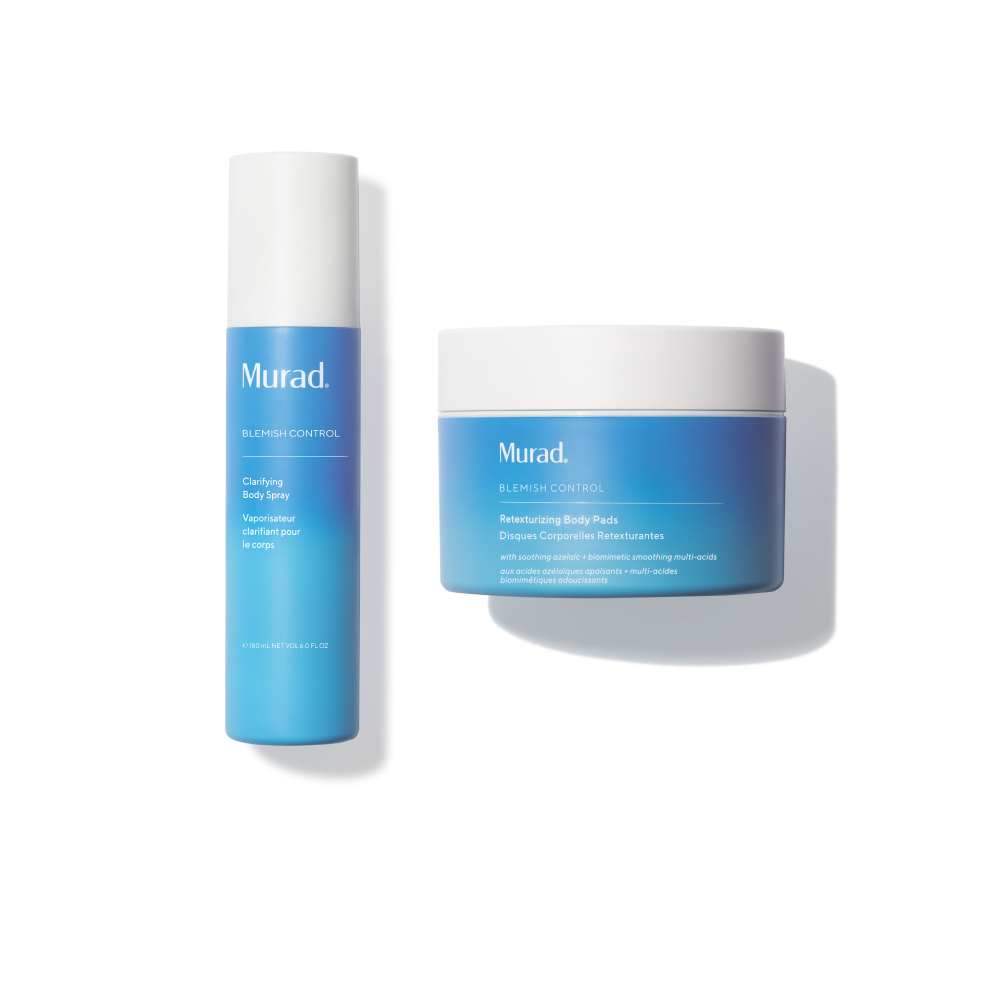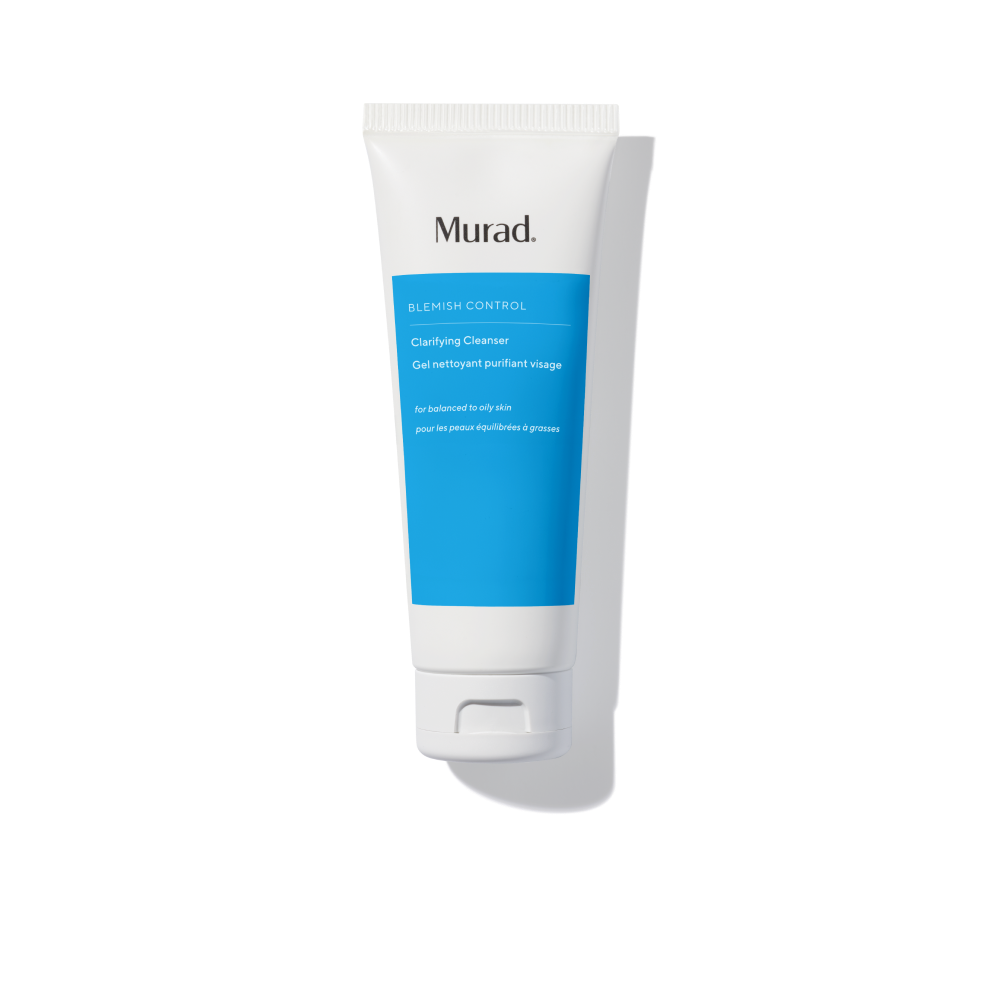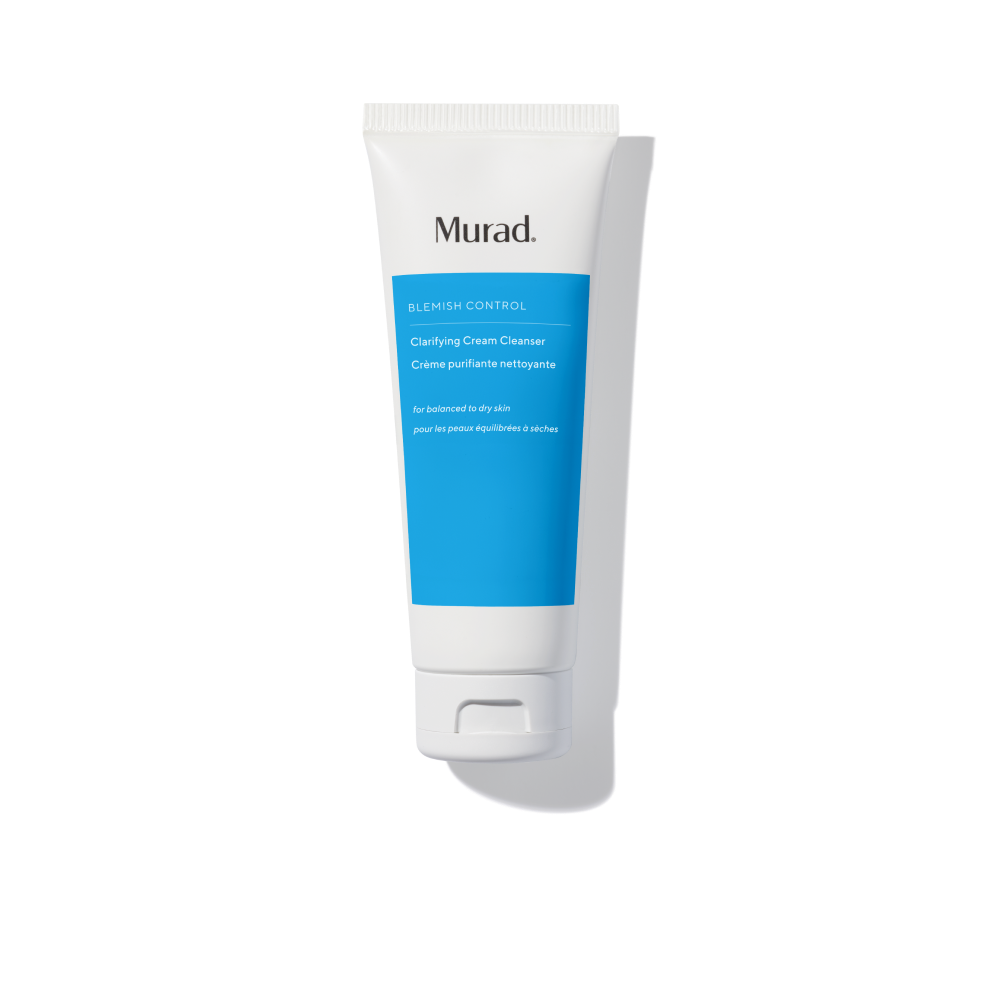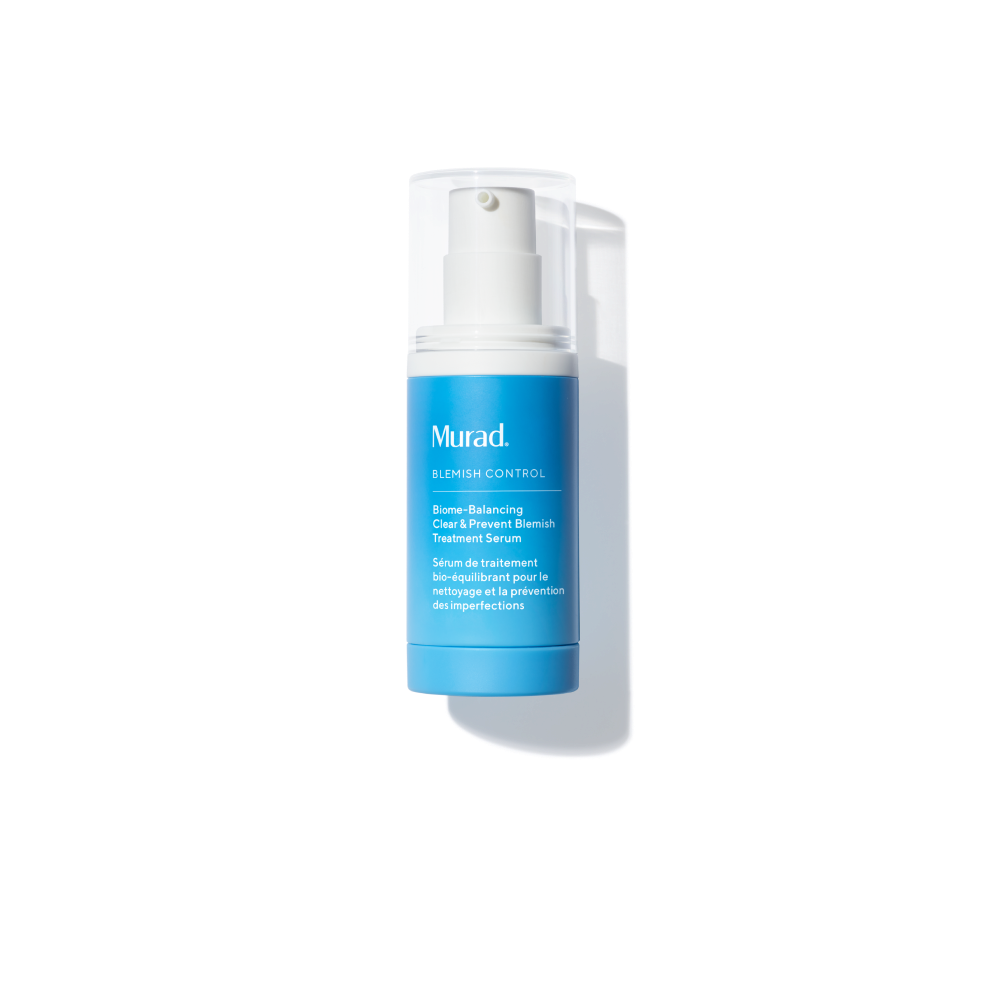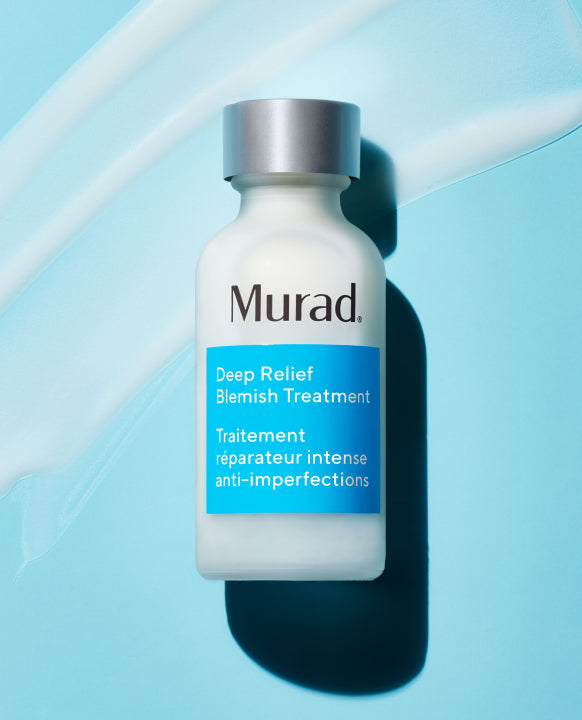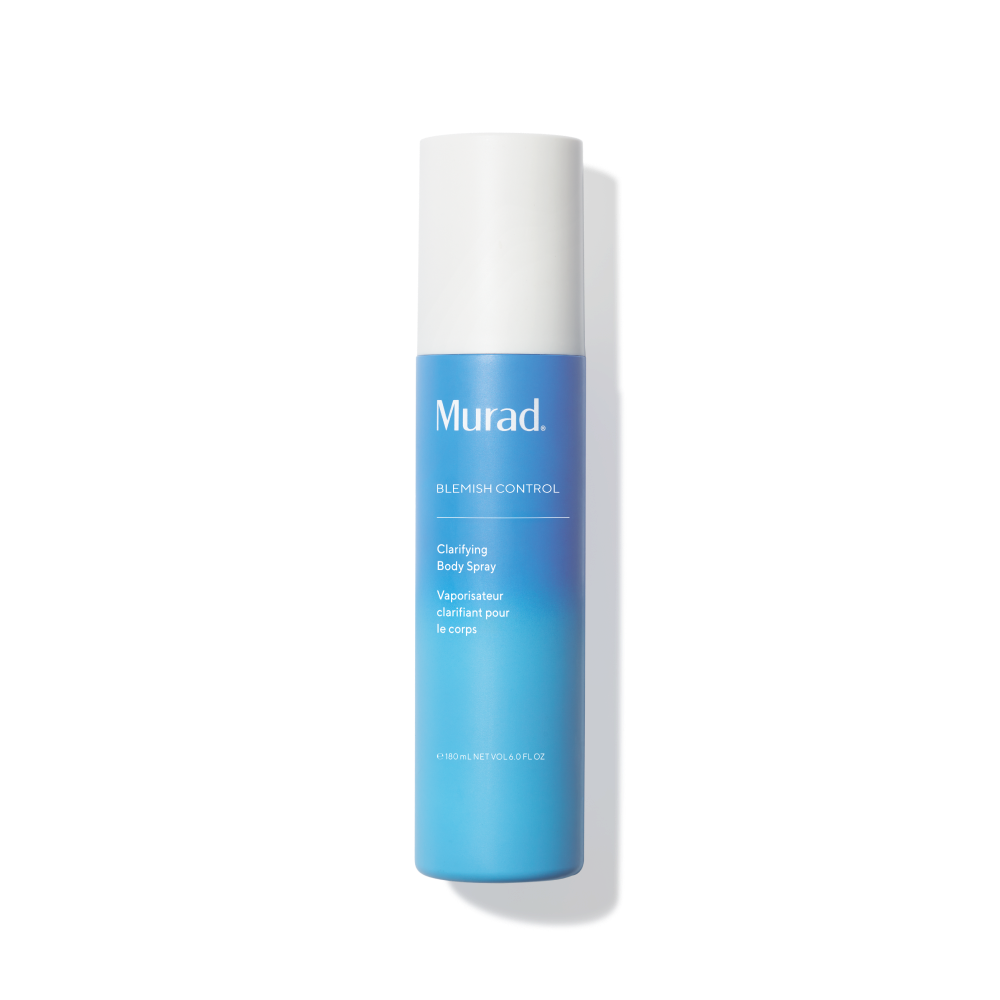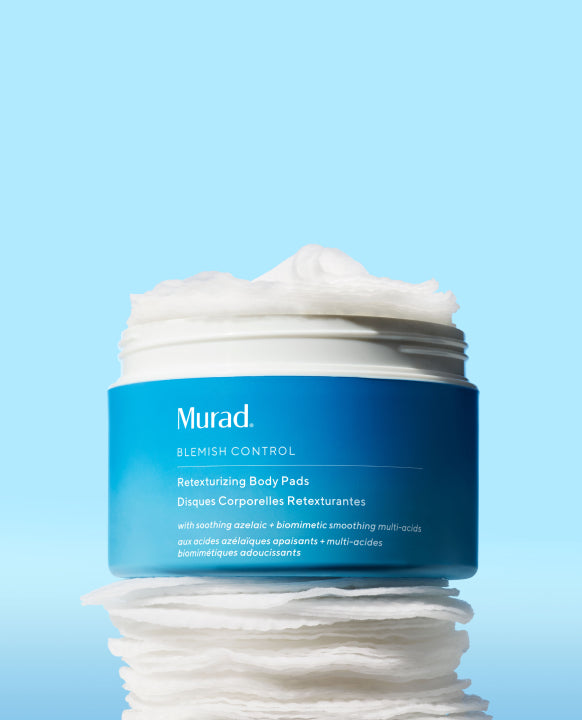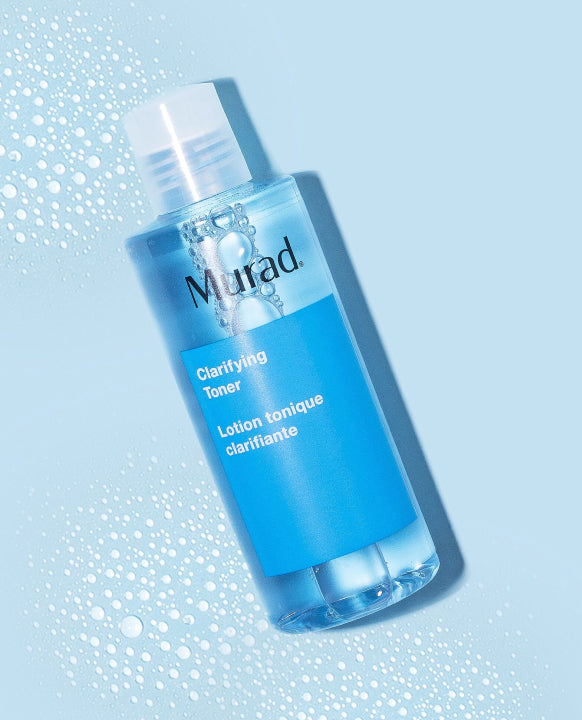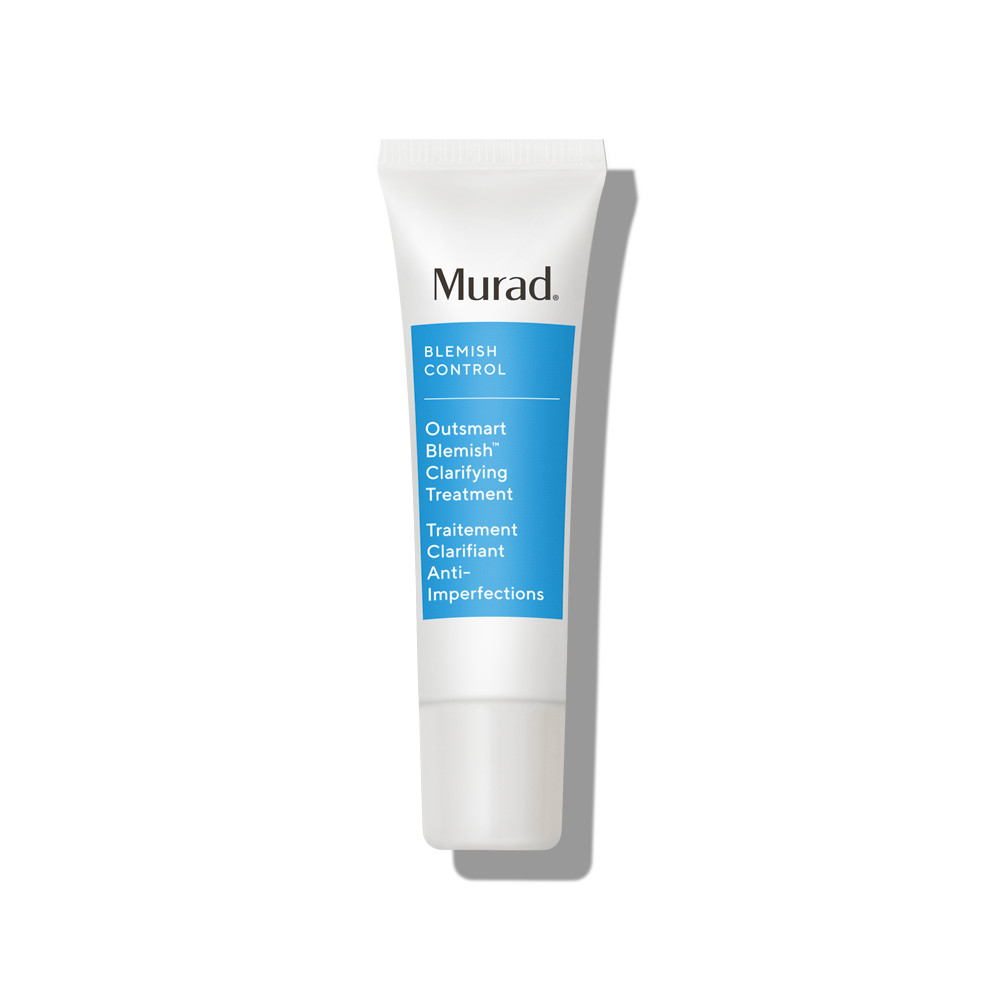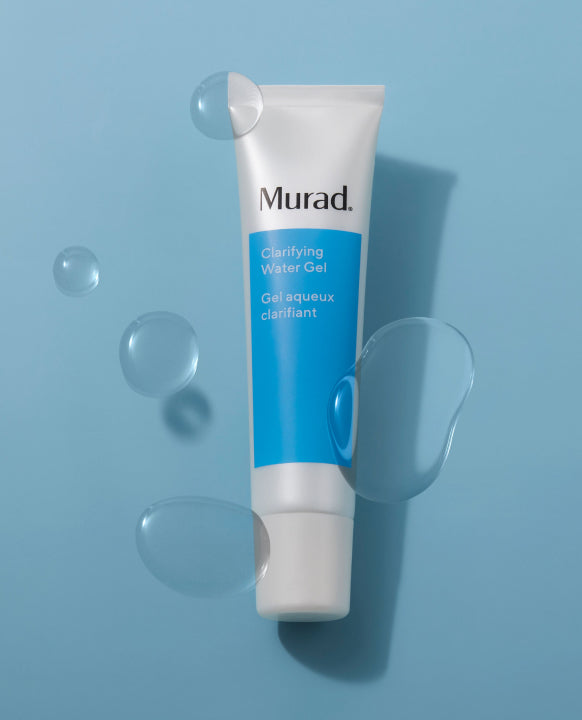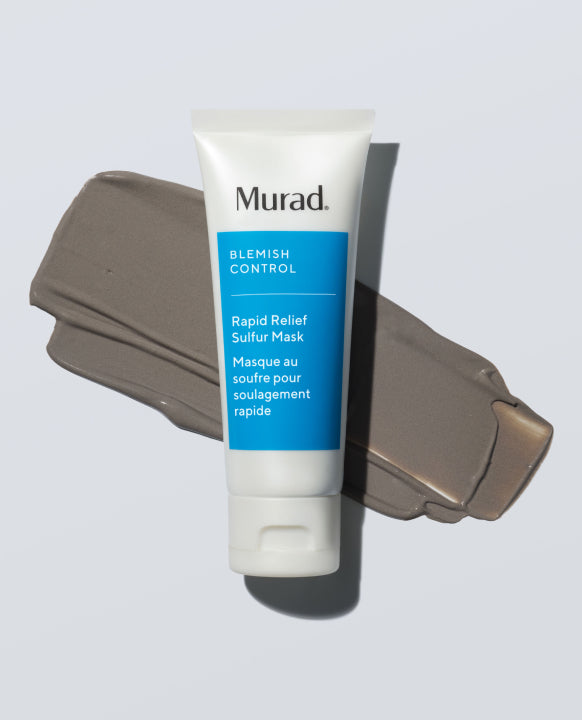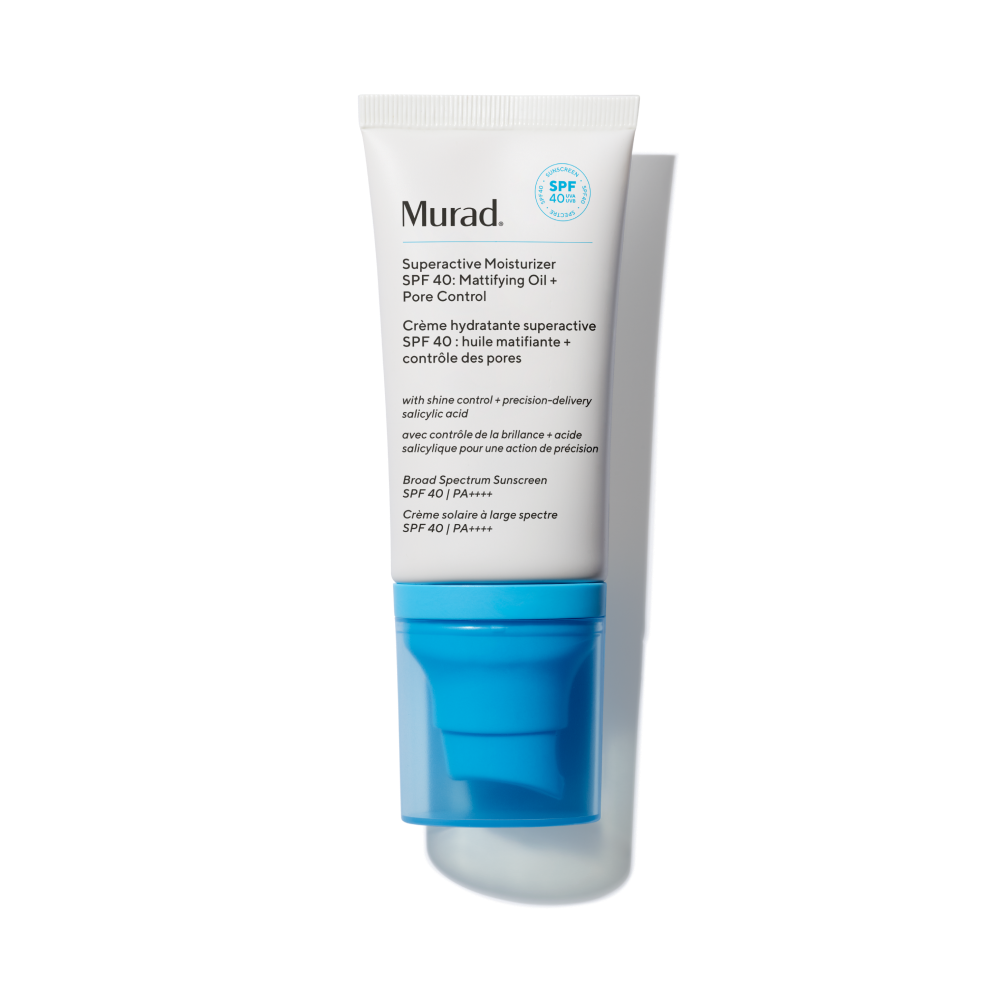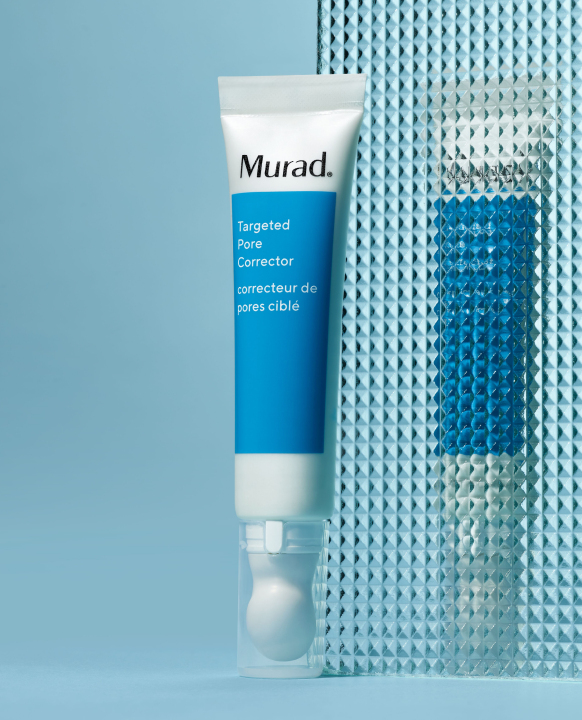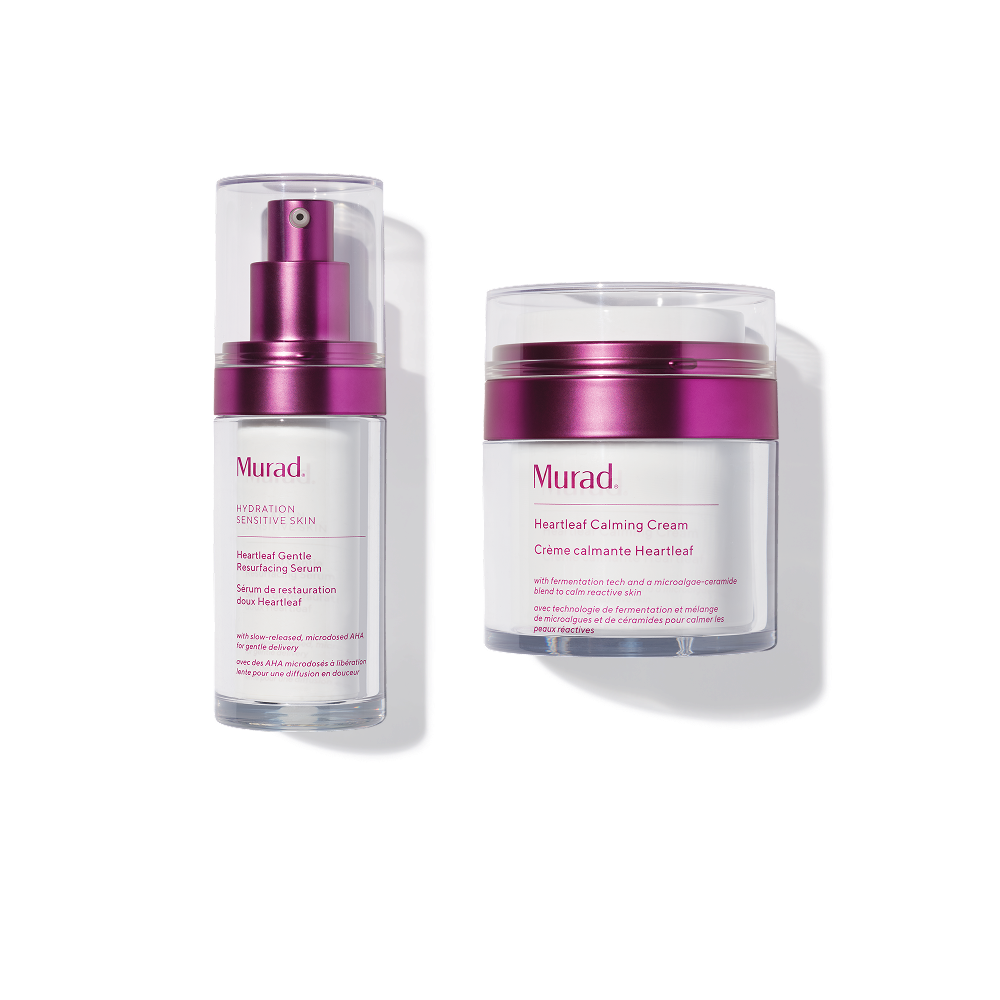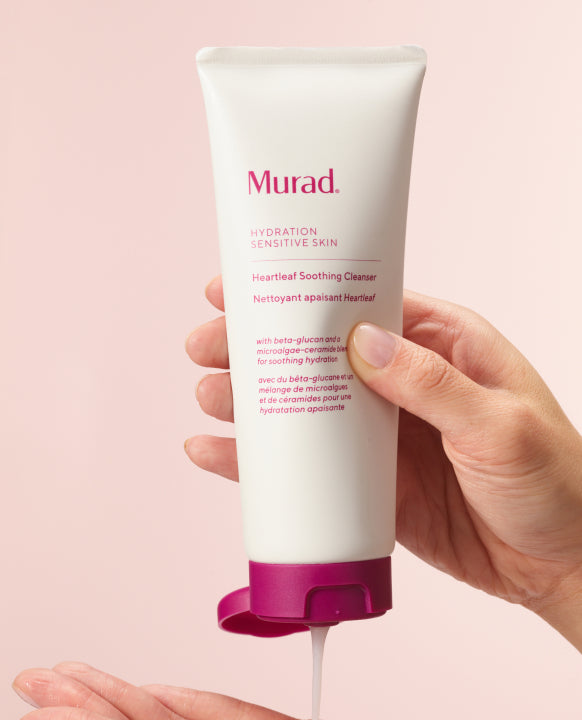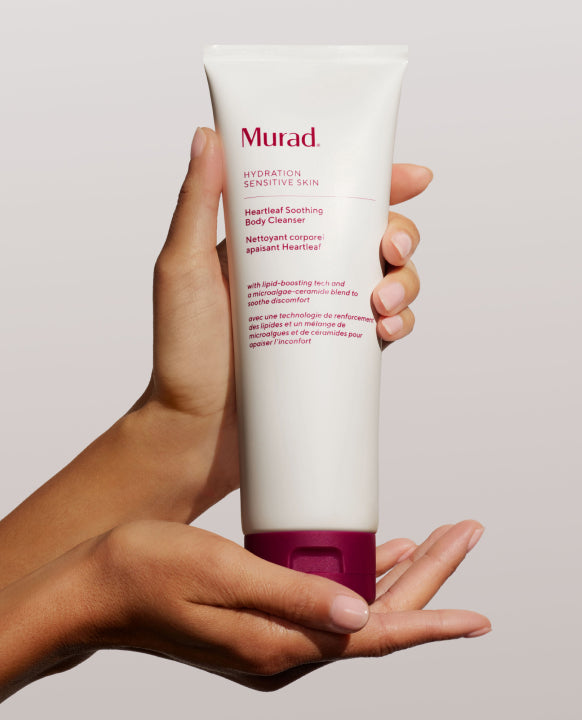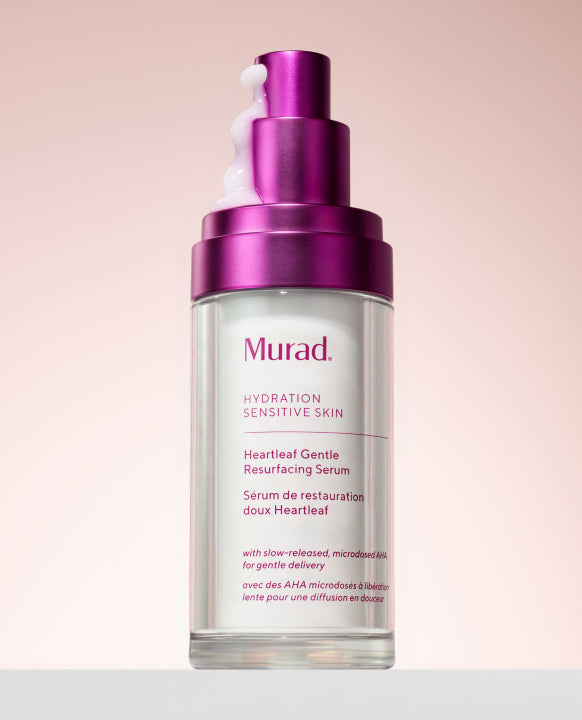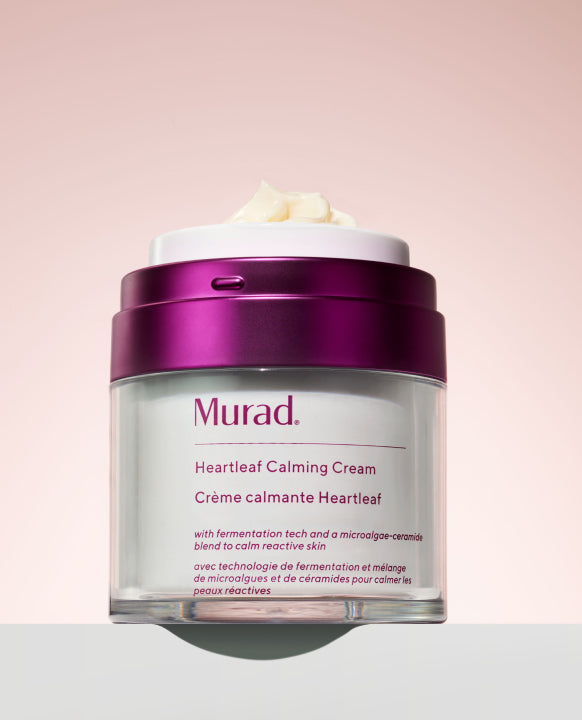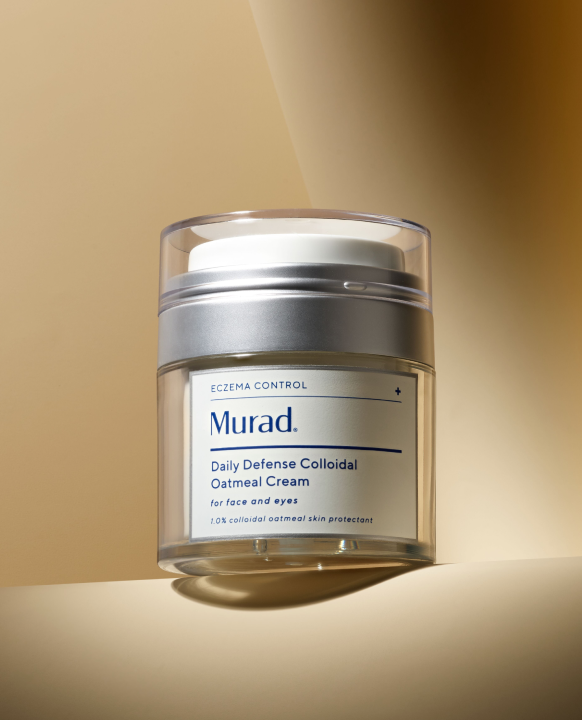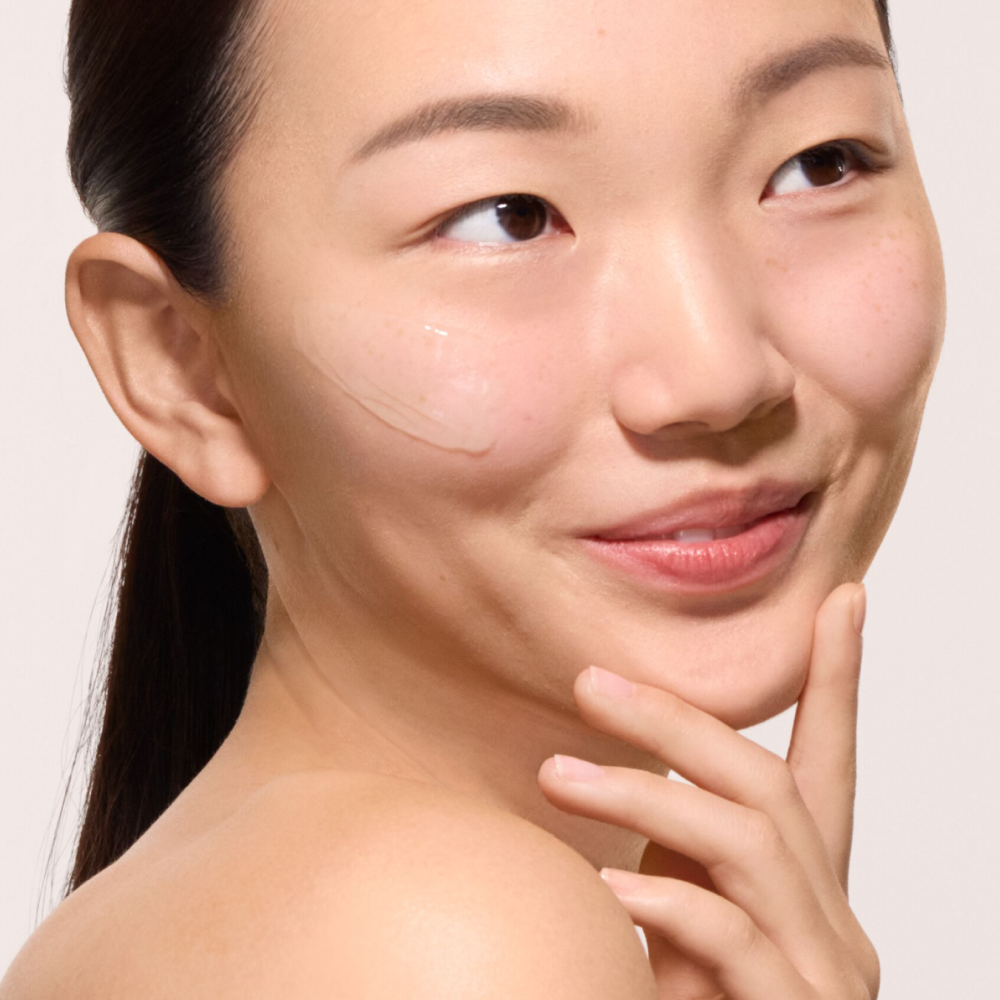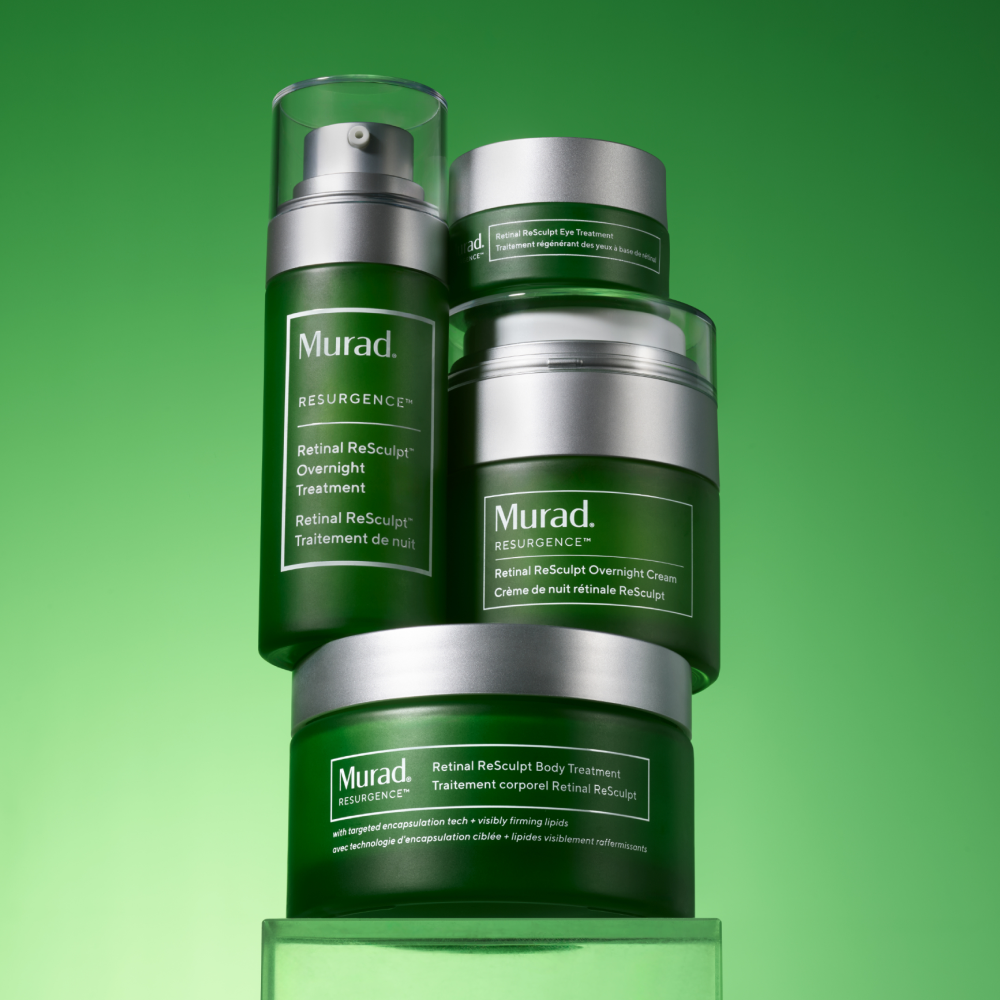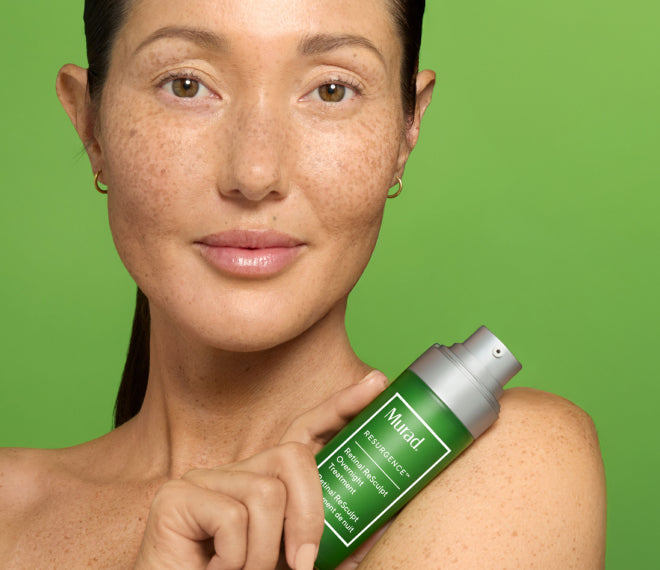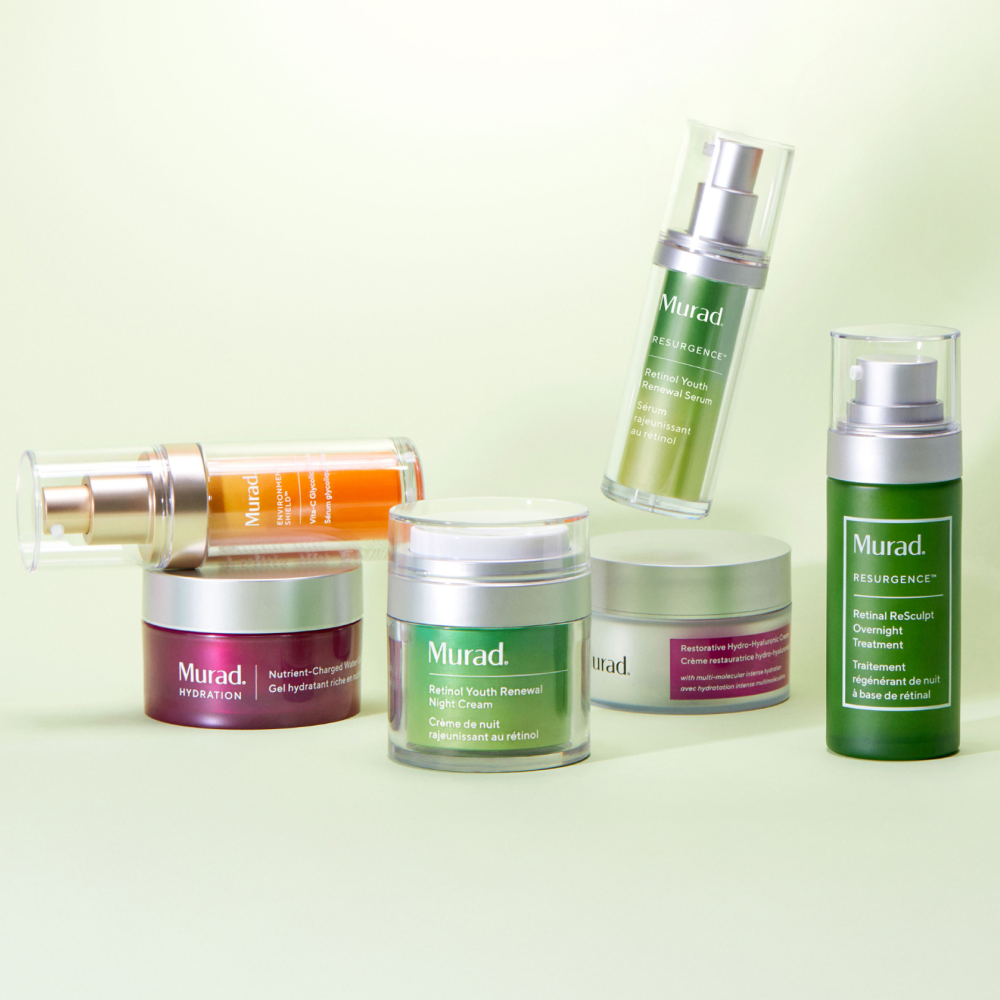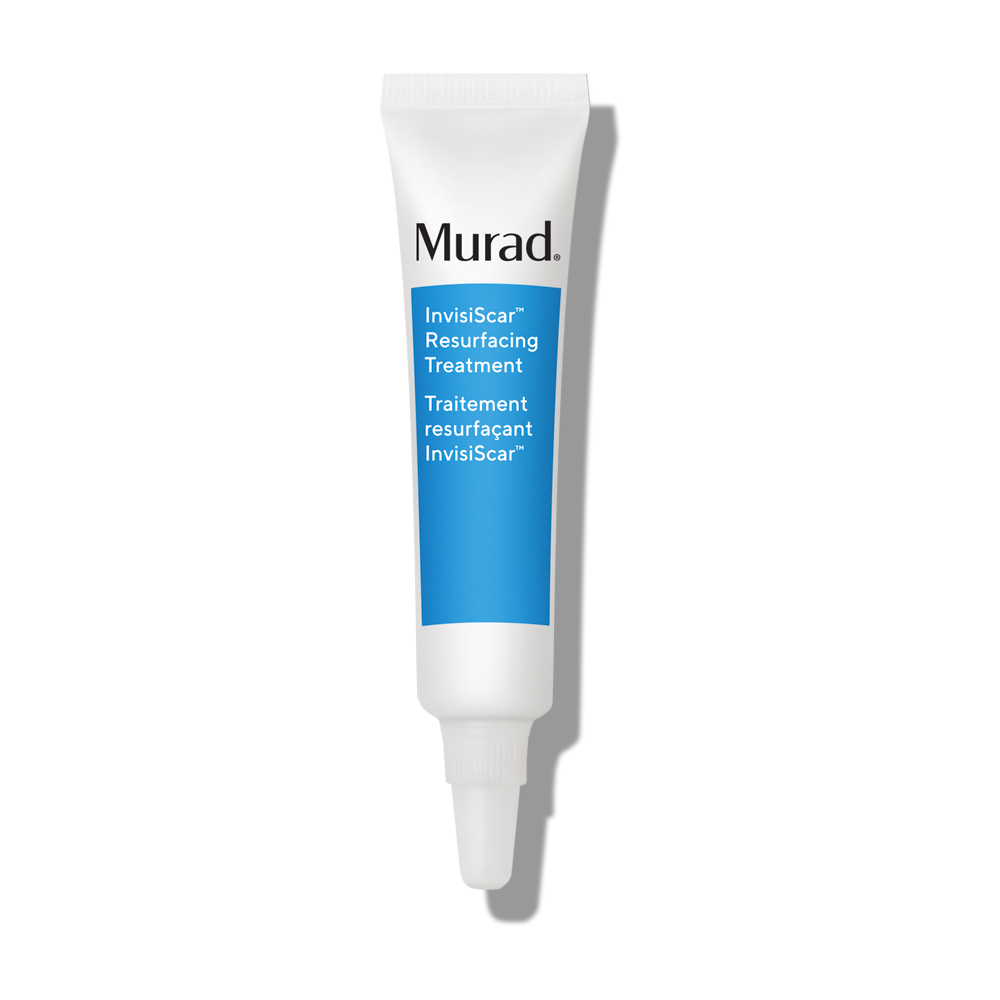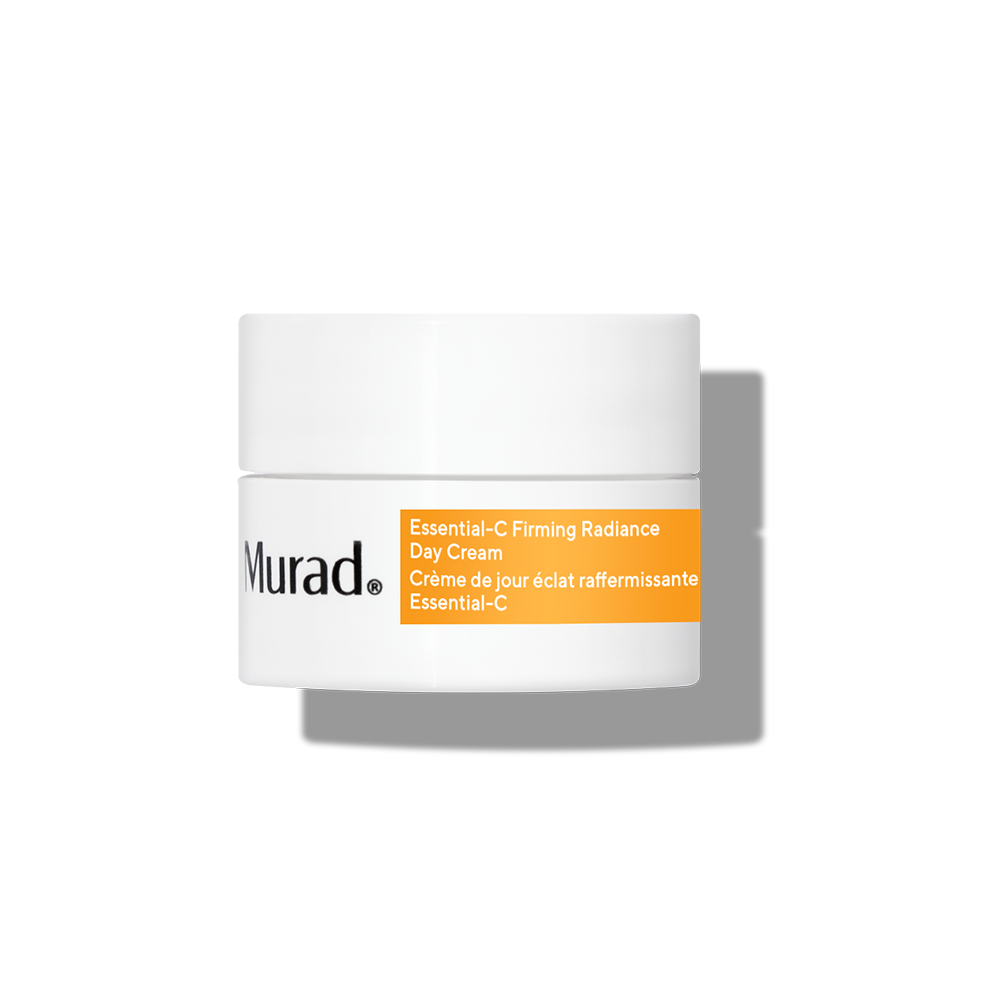True or false: How well do you know the facts on dry skin? Test your expertise now!

Water can counter hunger pangs, prevent brain fog and give us baby-soft skin. But if you’re still looking a little parched after all that chugging, you’re not alone. Dry, flaky skin is common—and also easy enough to treat, once you know what to do. Read on for some facts regarding dry skin on the face.
TRUE OR FALSE: Dry skin is the same as dehydrated skin.
False. Dry skin is a skin type, while dehydrated skin is a skin condition. Dry skin is usually lacking moisture, and you might be dry if your skin:
- Lacks natural oil (it doesn’t produce any oil or sebum)
- Has small pores with few blemishes
- Appears flaky and rough
- Has more noticeable wrinkles
Dry skin is usually lacking moisture. On the other hand, if you have itchy skin, your skin looks dull, or you have uneven skin tone, this can be a sign of dehydrated skin.
TRUE OR FALSE: Skincare is the only way to treat dry skin.
False. While skincare products like a moisturizer can treat dry, flaky skin, they’re not the only solution. In addition to using skincare products, there are some additional methods you can incorporate into your daily routine:
Cut down on the hot showers.
We know how amazing a hot shower can feel, especially on a cold winter day. But that hot water and steam are actually stripping your body of its much-needed oil barrier, which helps to trap moisture and leave your skin feeling soft and hydrated. Since hot water can cause skin dryness and damage the skin barrier, it’s often best to shower with warm water. Dermatologists and experts recommend short, warm showers that last no longer than 5-10 minutes.
- Drink water—and eat it, too.
The importance of drinking water can’t be underestimated. For supple, hydrated, moisturized skin, try to drink around half your body weight in water every day. If that seems impossible, dermatologist Dr. Howard Murad also recommends eating your water. Water-rich fruits (like watermelon) and vegetables (bring on the spinach) help hydrate your body with the added bonus of fortifying it with nutrients, which can be better absorbed since you’re not, ahem, flushing them all away as quickly.
Use a humidifier.
In the drying winter months, moisture is sucked out of skin so quickly and easily. One way to help prevent this is by using a humidifier in your bedroom at night.
TRUE OR FALSE: Cleanser dries out your skin even more.
False. Removing dirt and oil with the right cleanser can help add moisture to your skin. As an effective antidote to dry, flaky skin, always stick to this simple routine as the basis of any regimen.
Step 1: Cleanse The first step in hydration: Look for a cleanser that removes dirt, oil and waterproof makeup, while nourishing and replenishing the skin with nutrients and vitamins.
Step 2: Exfoliate (Sparingly) While exfoliating the skin is a way to remove dulling, dead skin cells and clear clogged pores, exfoliating dry skin too often can sometimes lead to even drier skin. Over-exfoliation can damage your skin’s barrier, which can lead to more irritation. Exfoliation is important but should be done sparingly (perhaps 2 times a week), or with a gentle daily exfoliant.
Step 3: Moisturise Moisturising your skin seems obviously important, right? Look for moisturisers with ultra-nourishing and hydrating ingredients such as oatmeal, hyaluronic acid, Shea butter and macadamia oil to help bring much-needed moisture back to your skin, especially after exfoliating. You can double down on hydration with a treatment that’s applied before moisturising.
About the Author Jacki Marzano is SoCal-based storyteller and head copywriter at Murad Skincare. She's shaped the voice of some of the most recognized beauty brands in the business, has a penchant for sharing homemade cookies, and believes SPF is the secret to getting carded well into your 40s.
